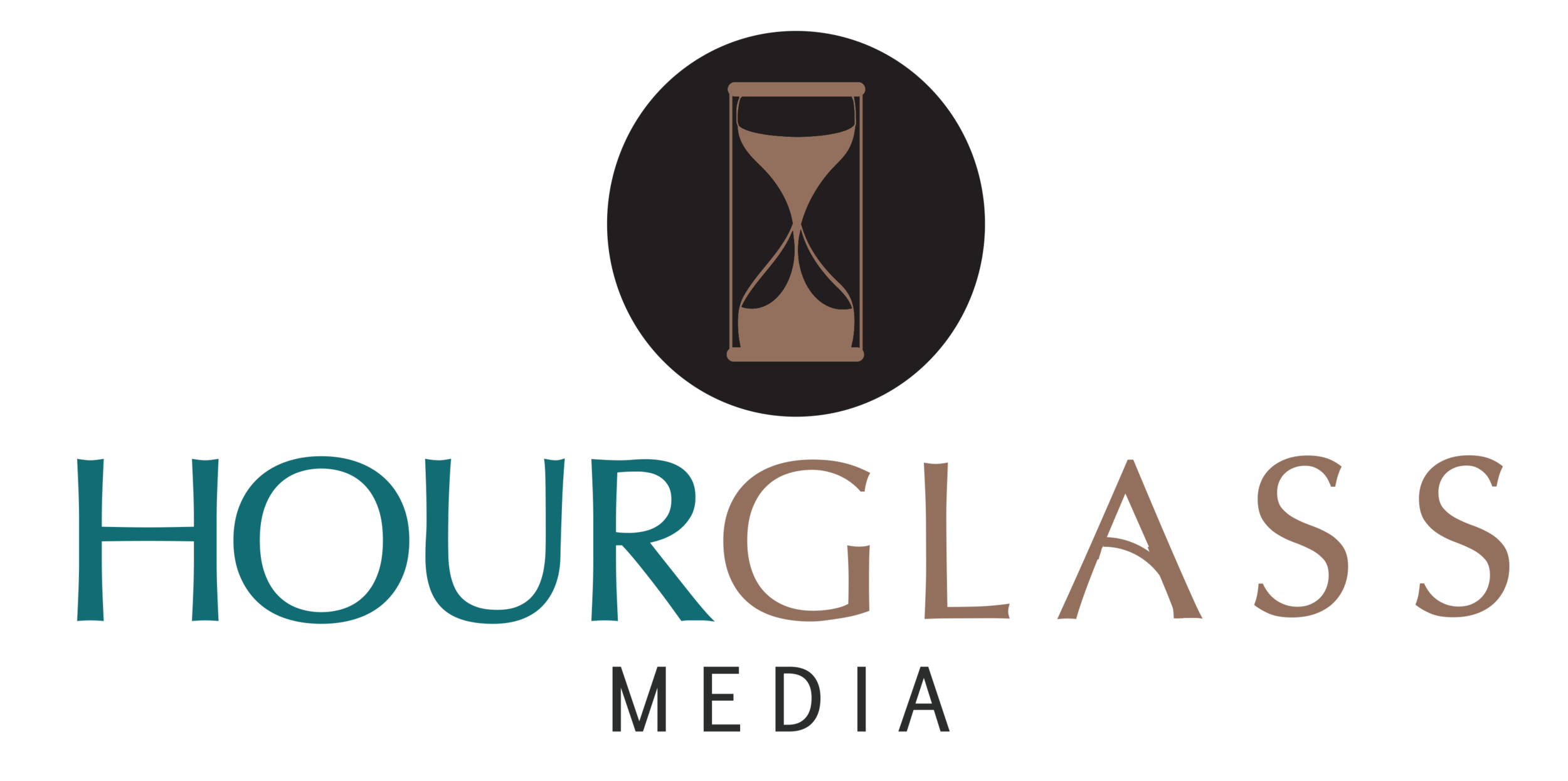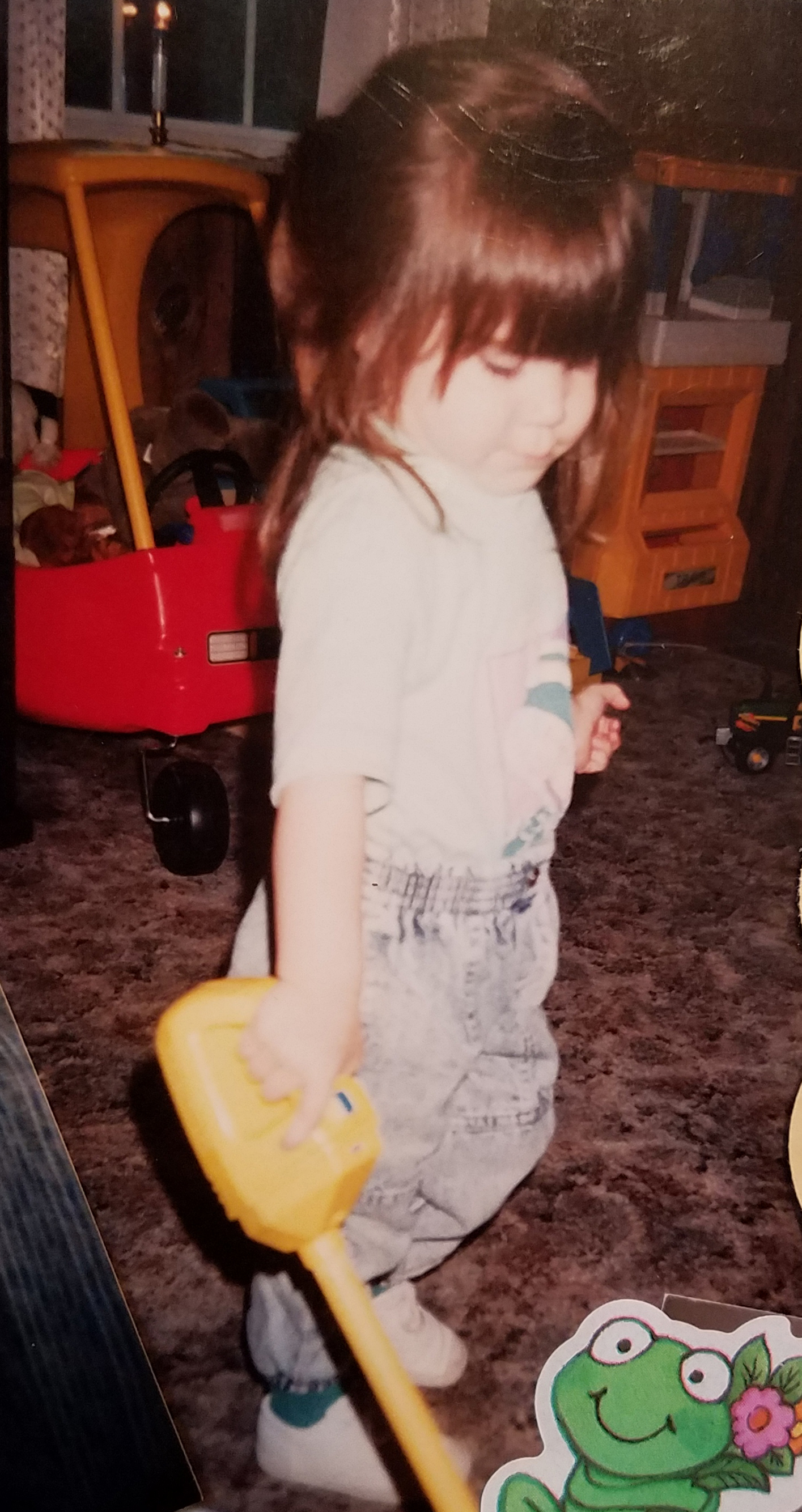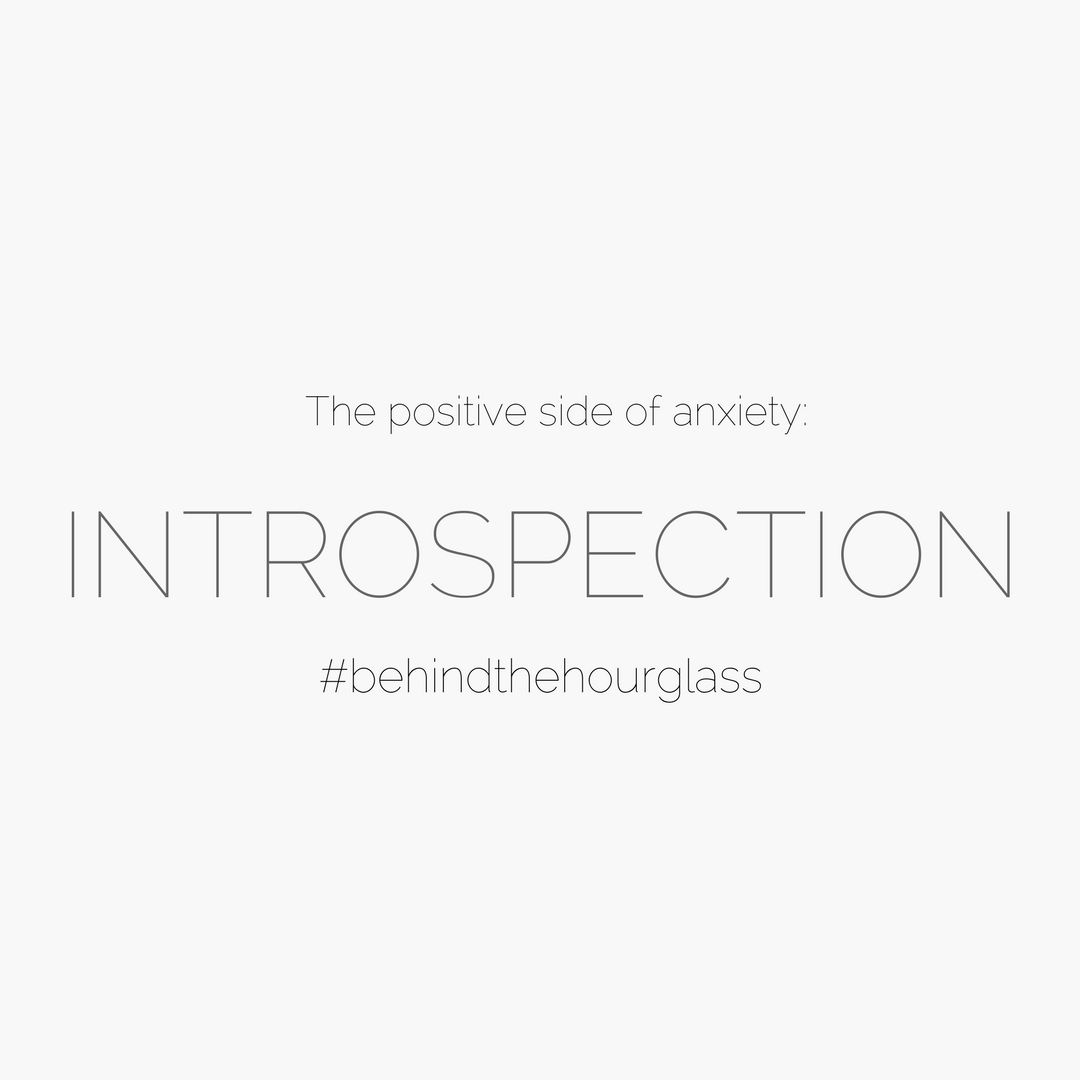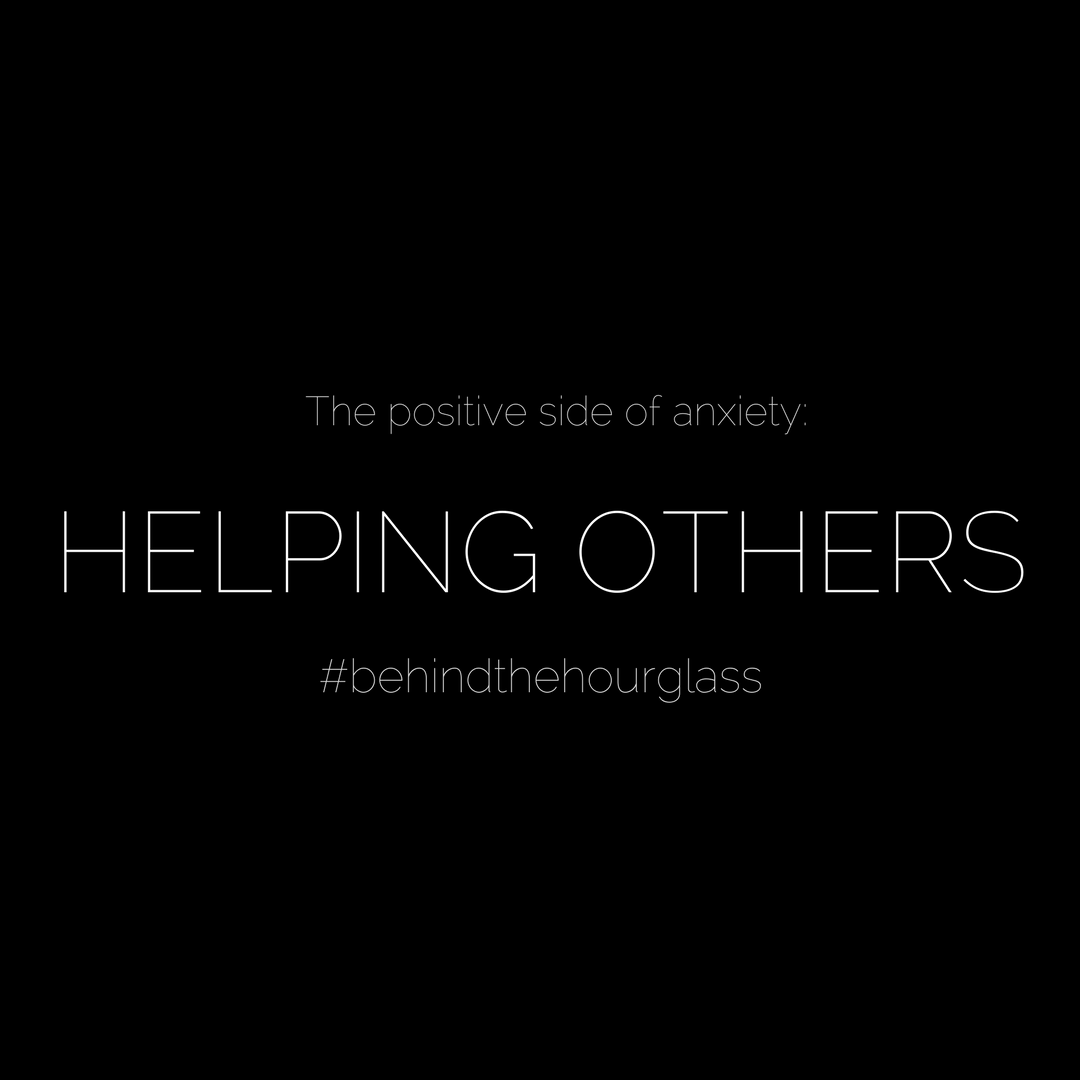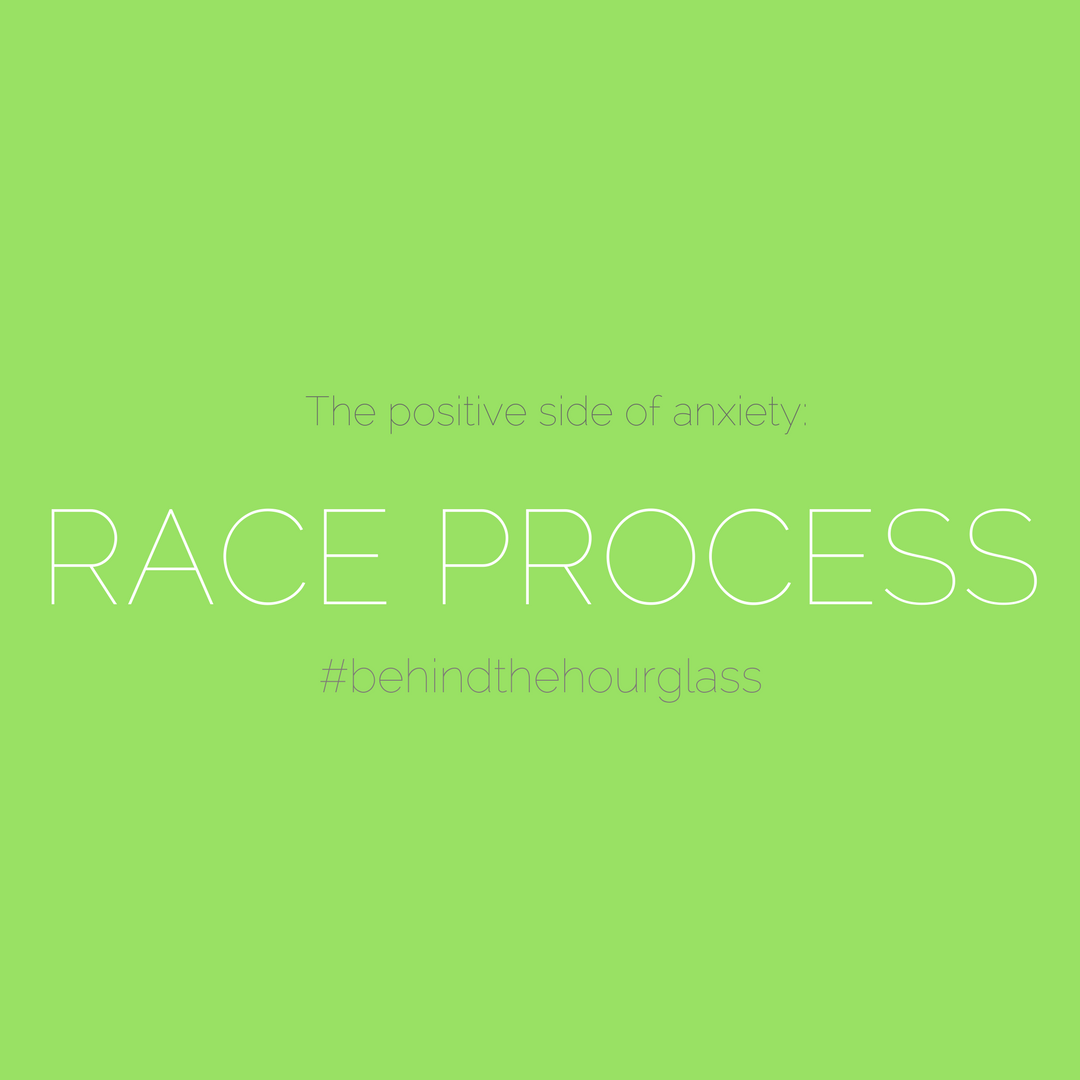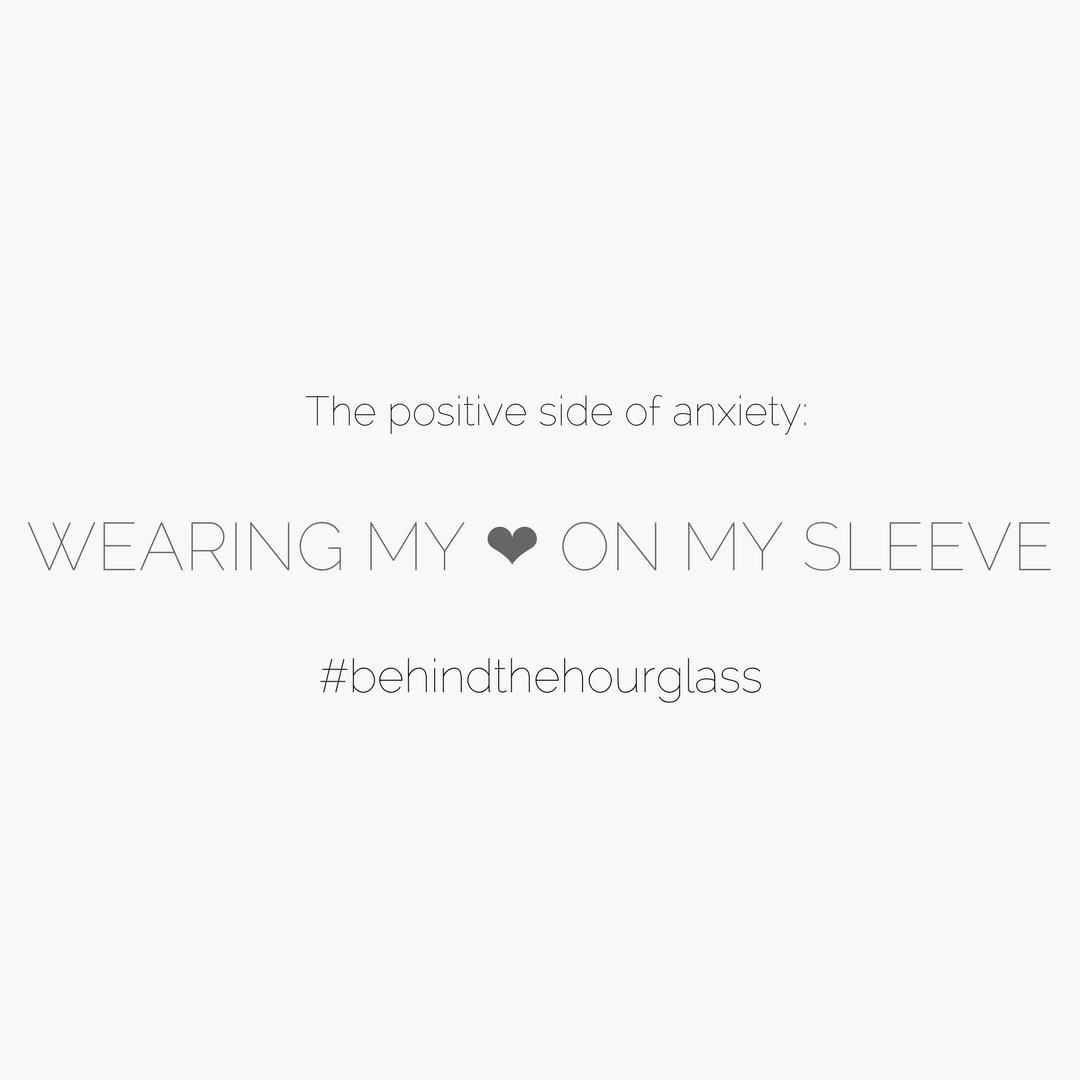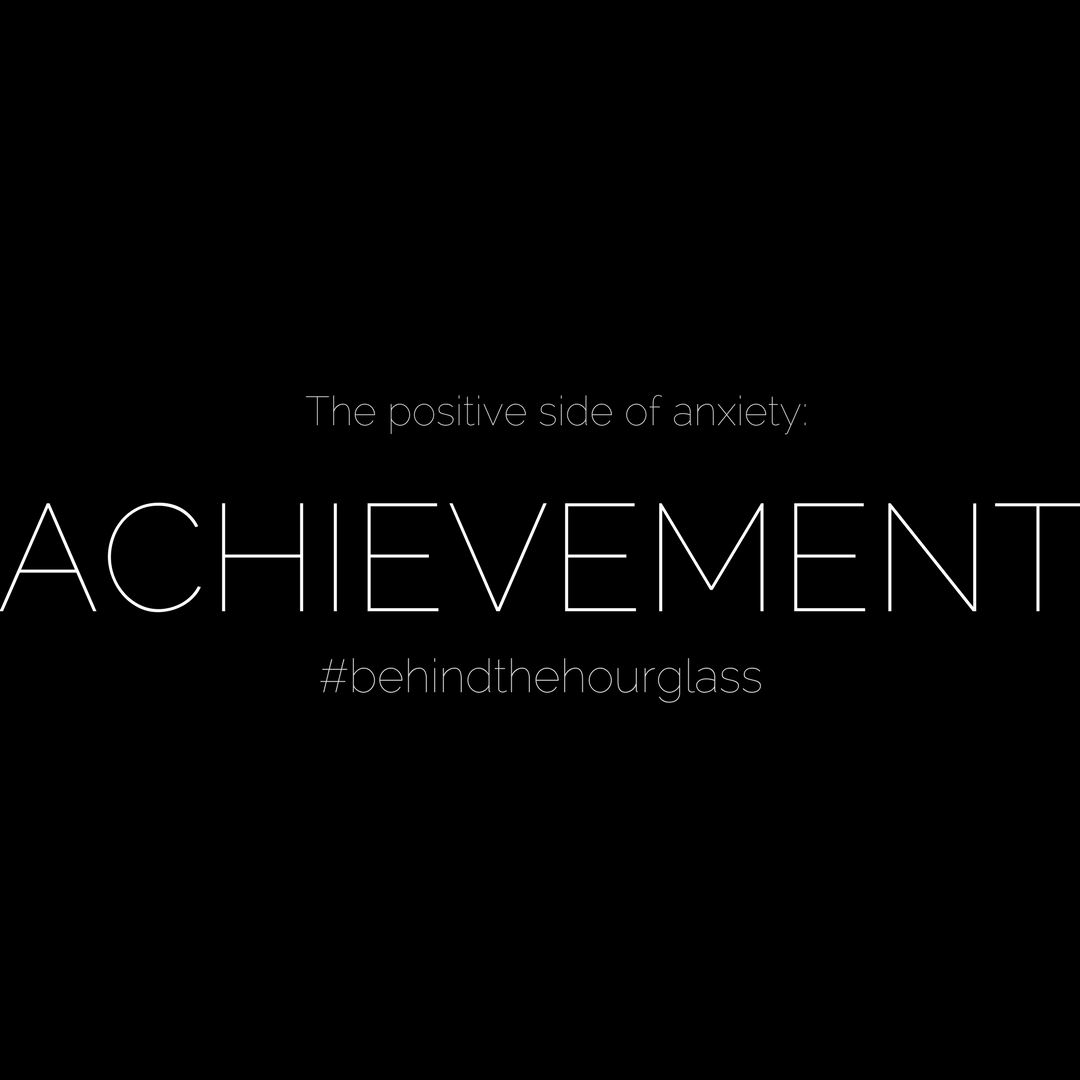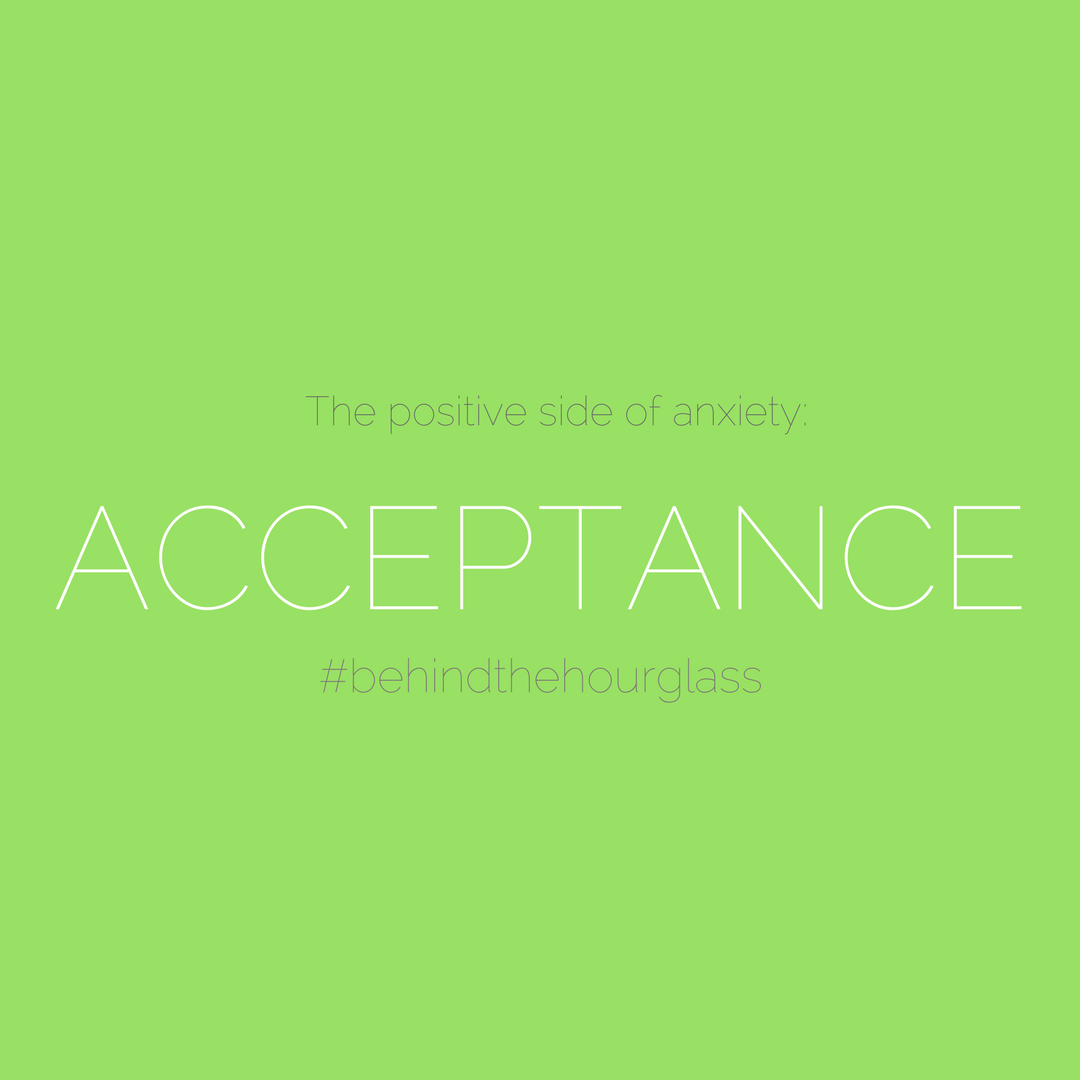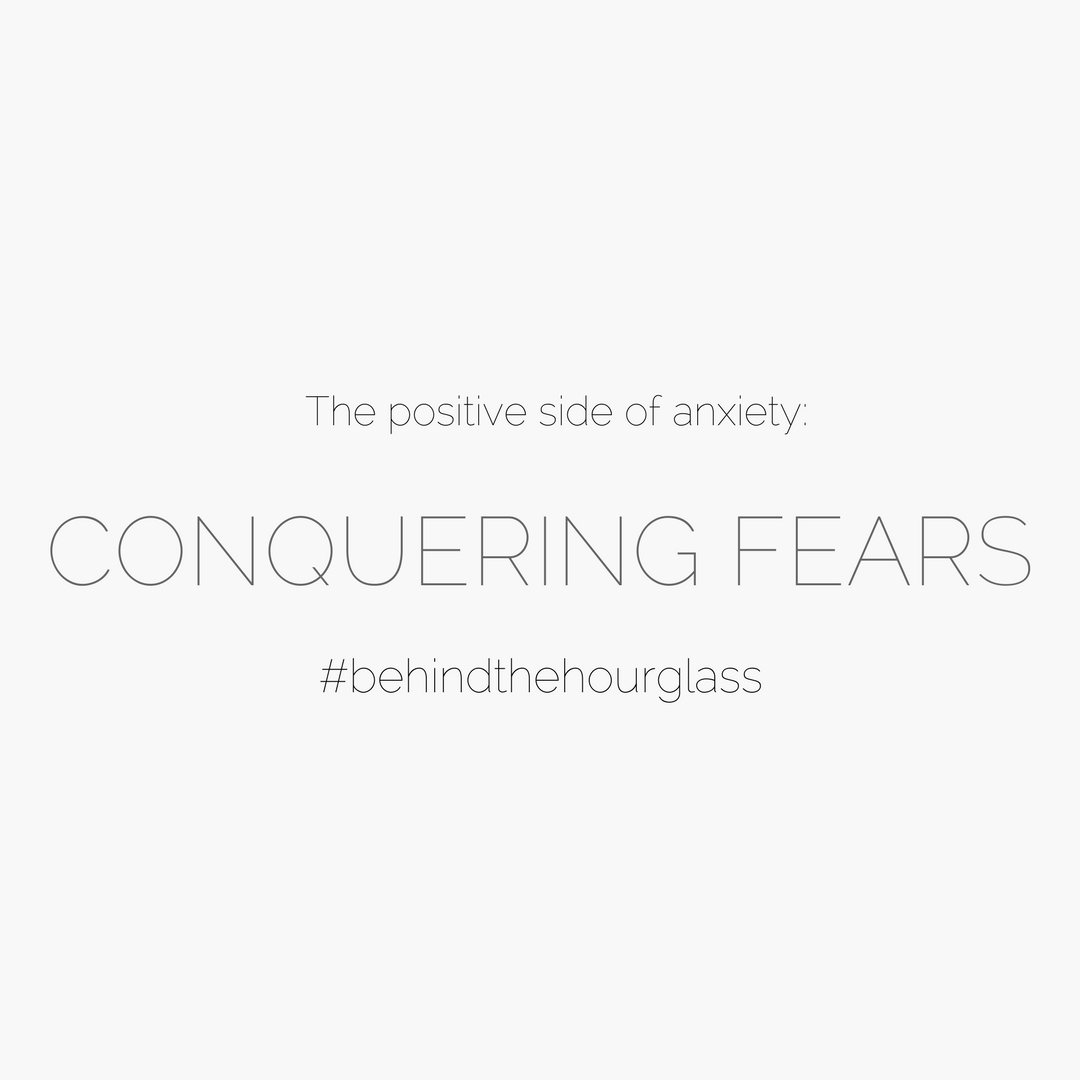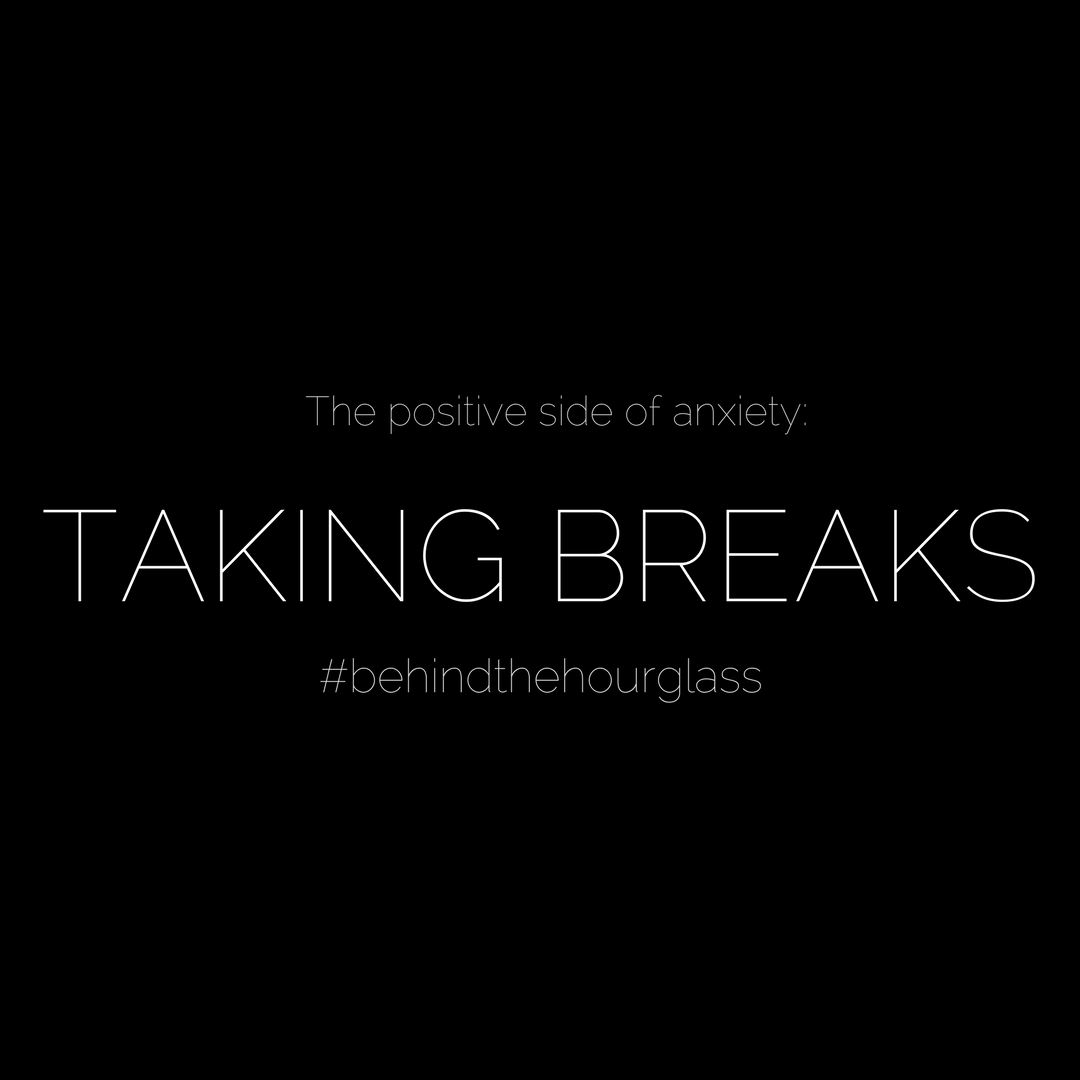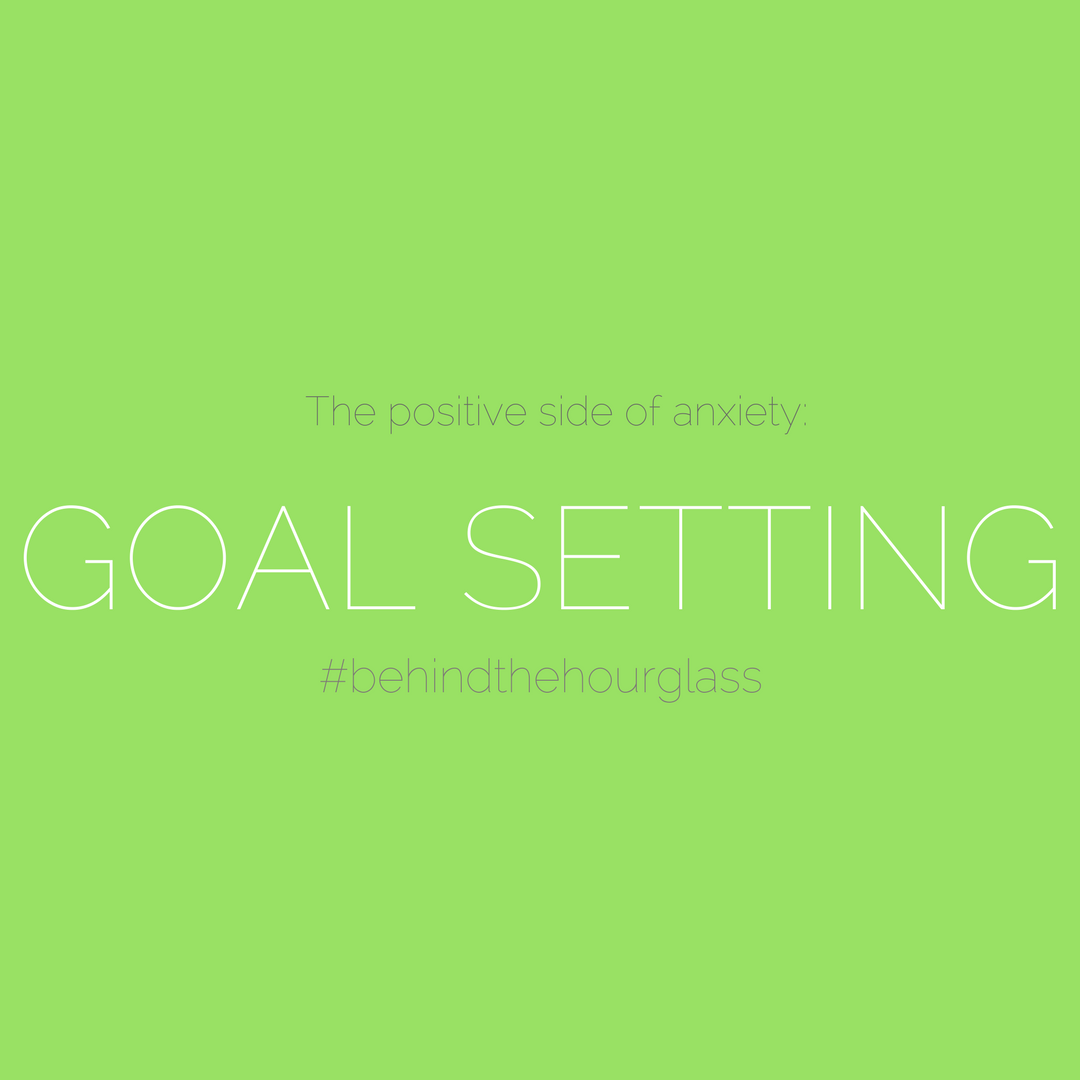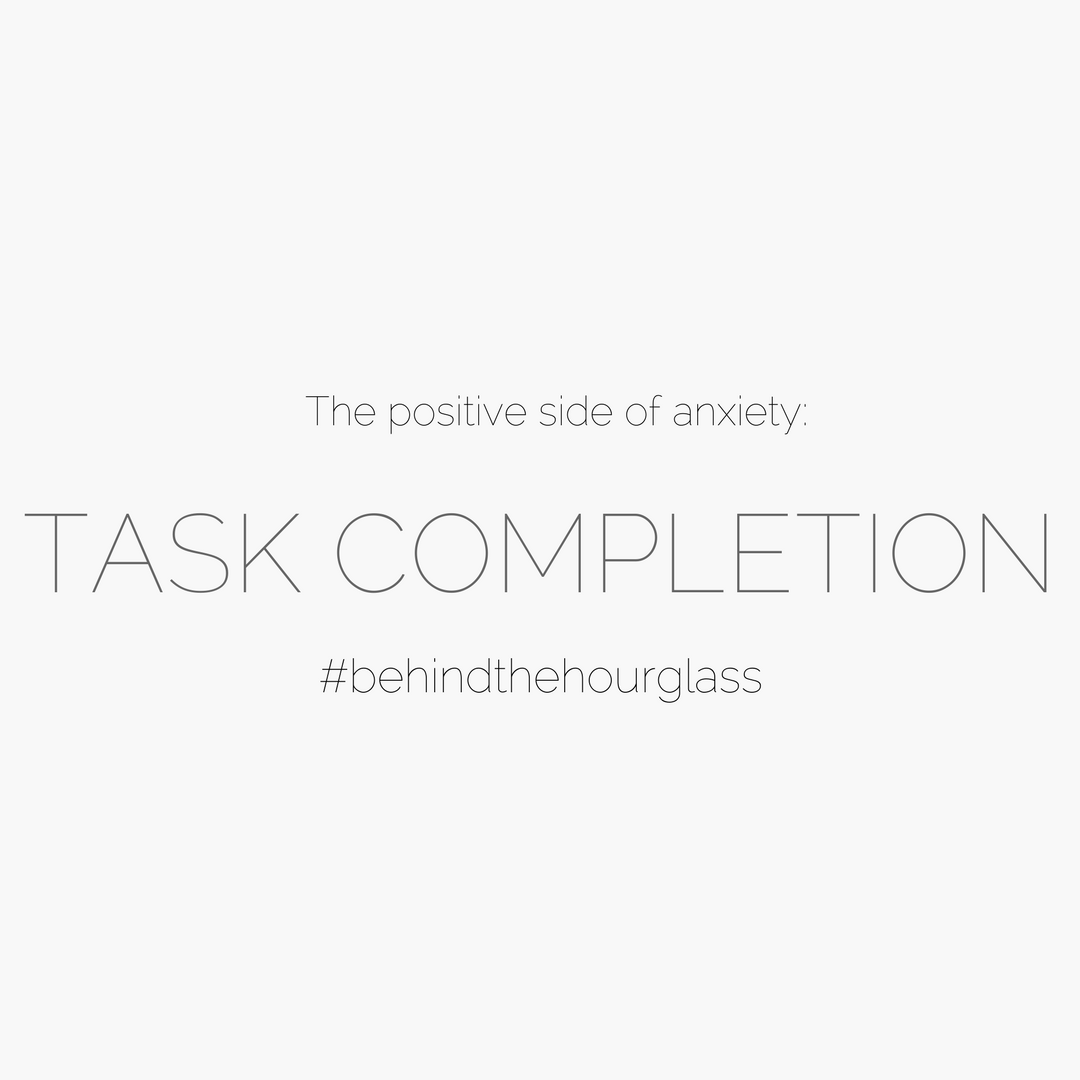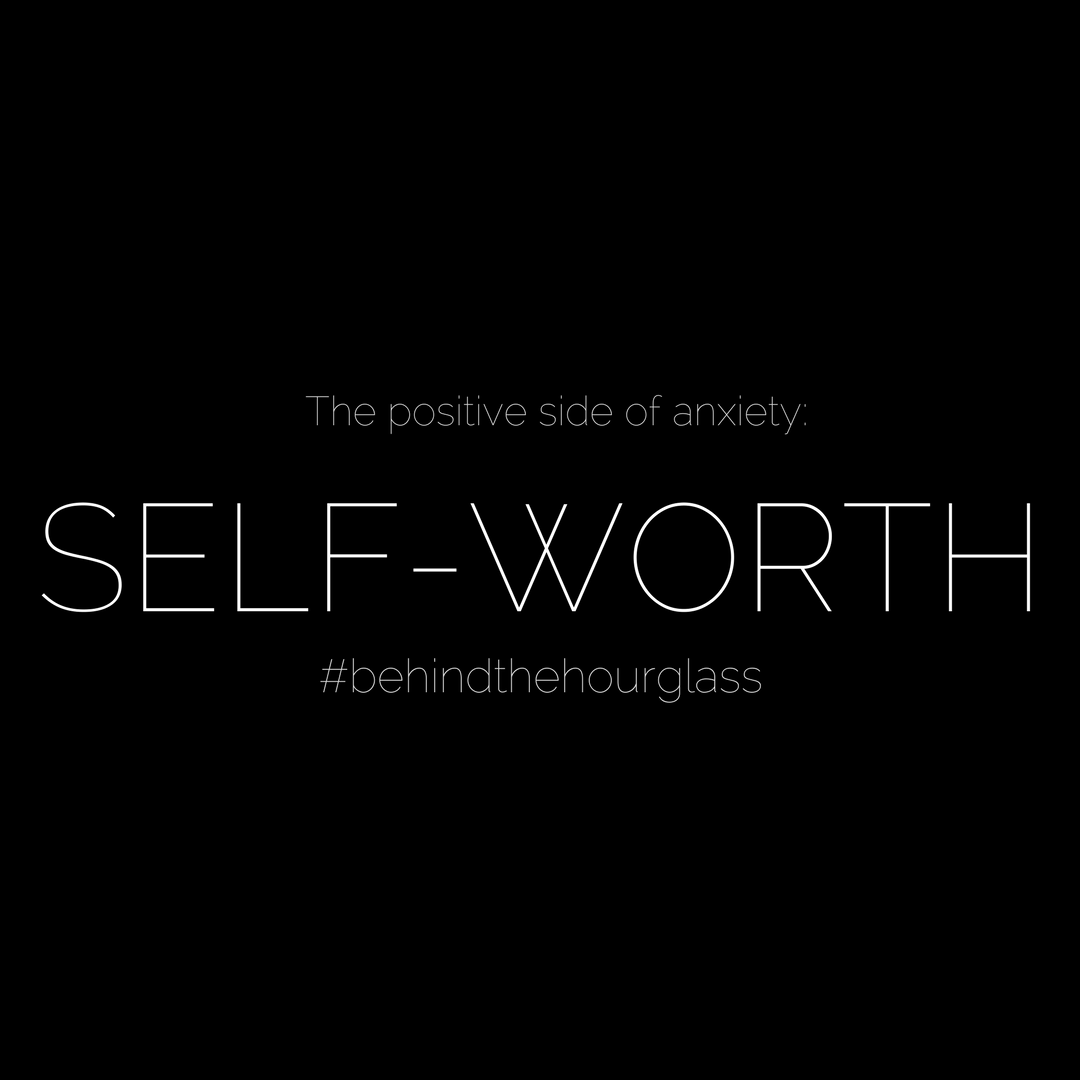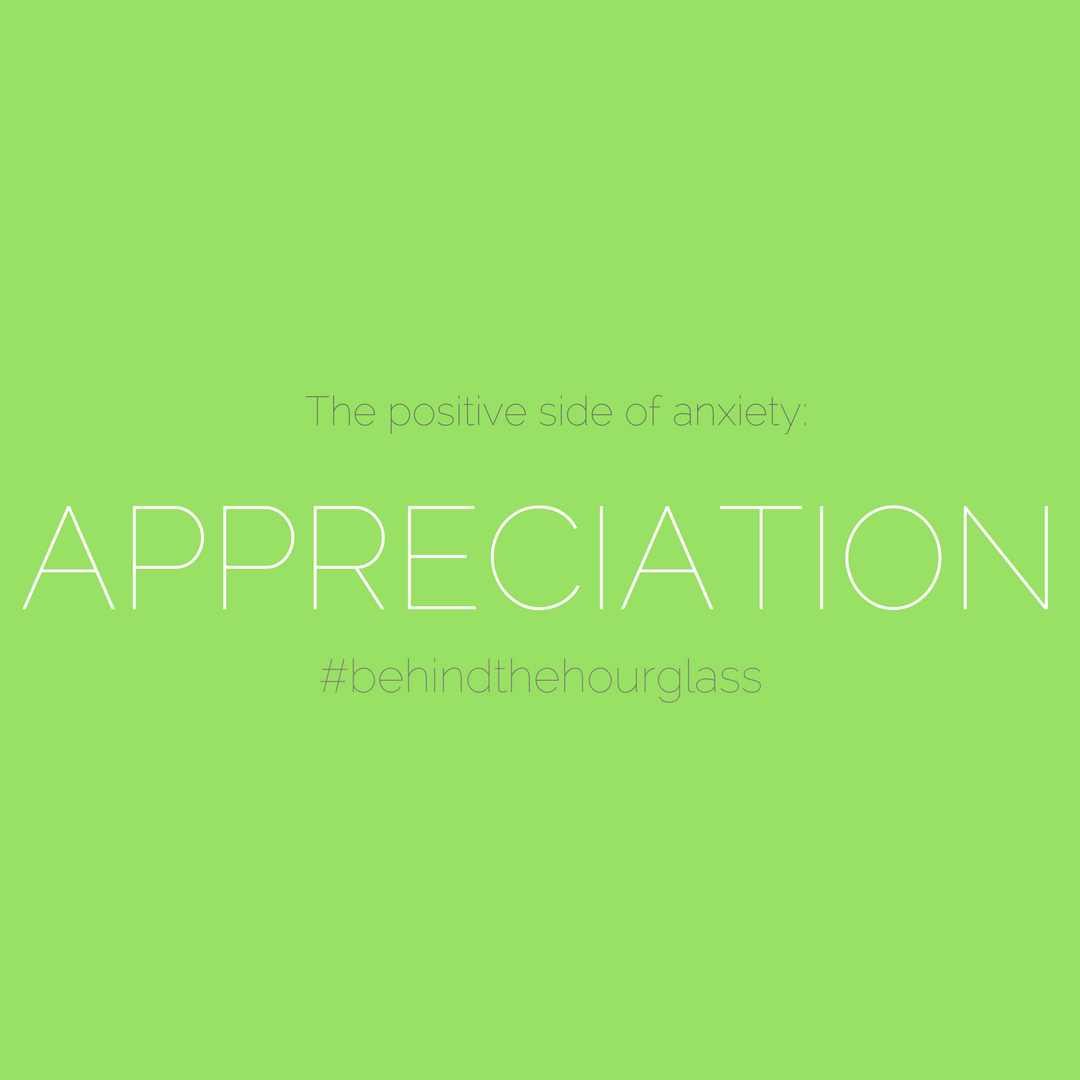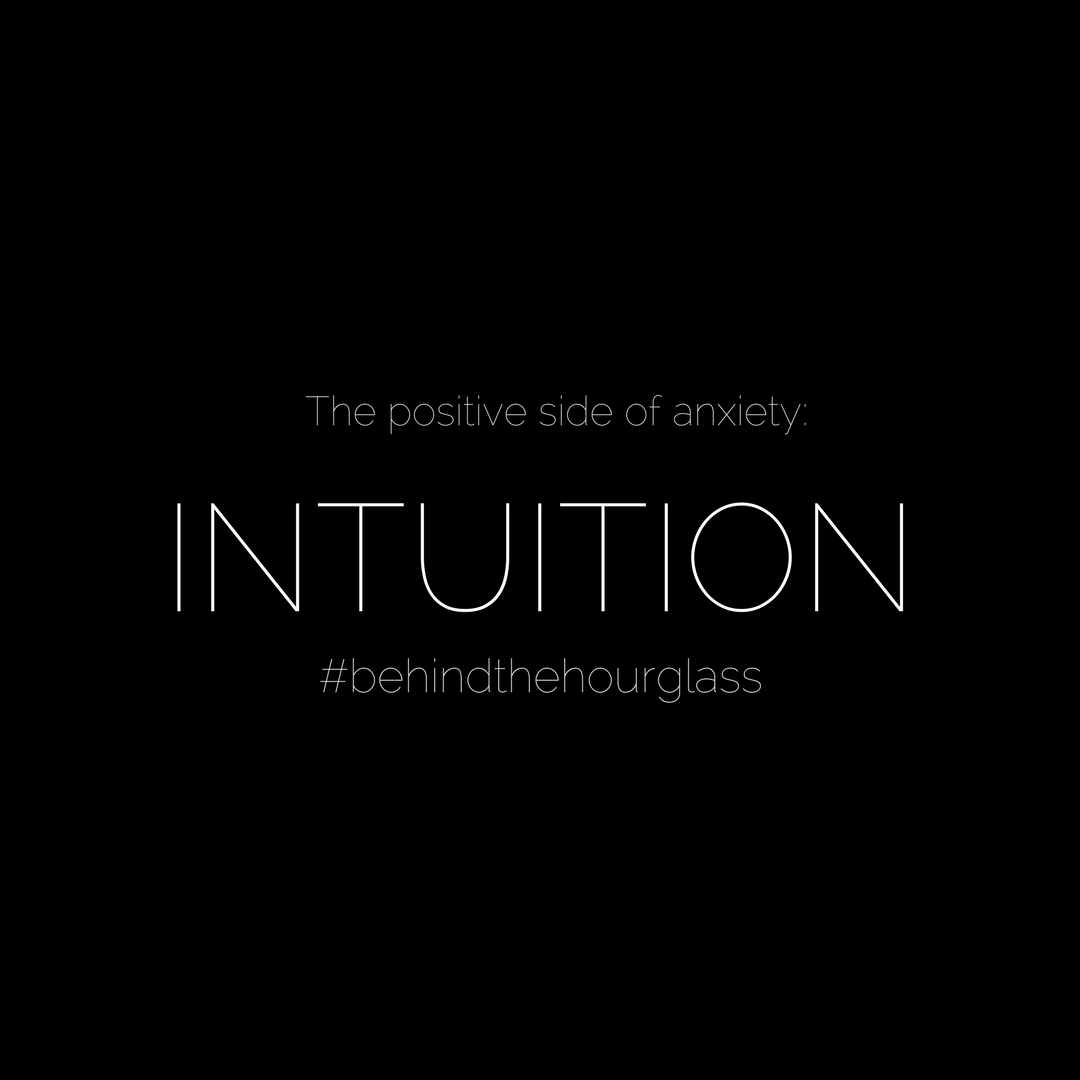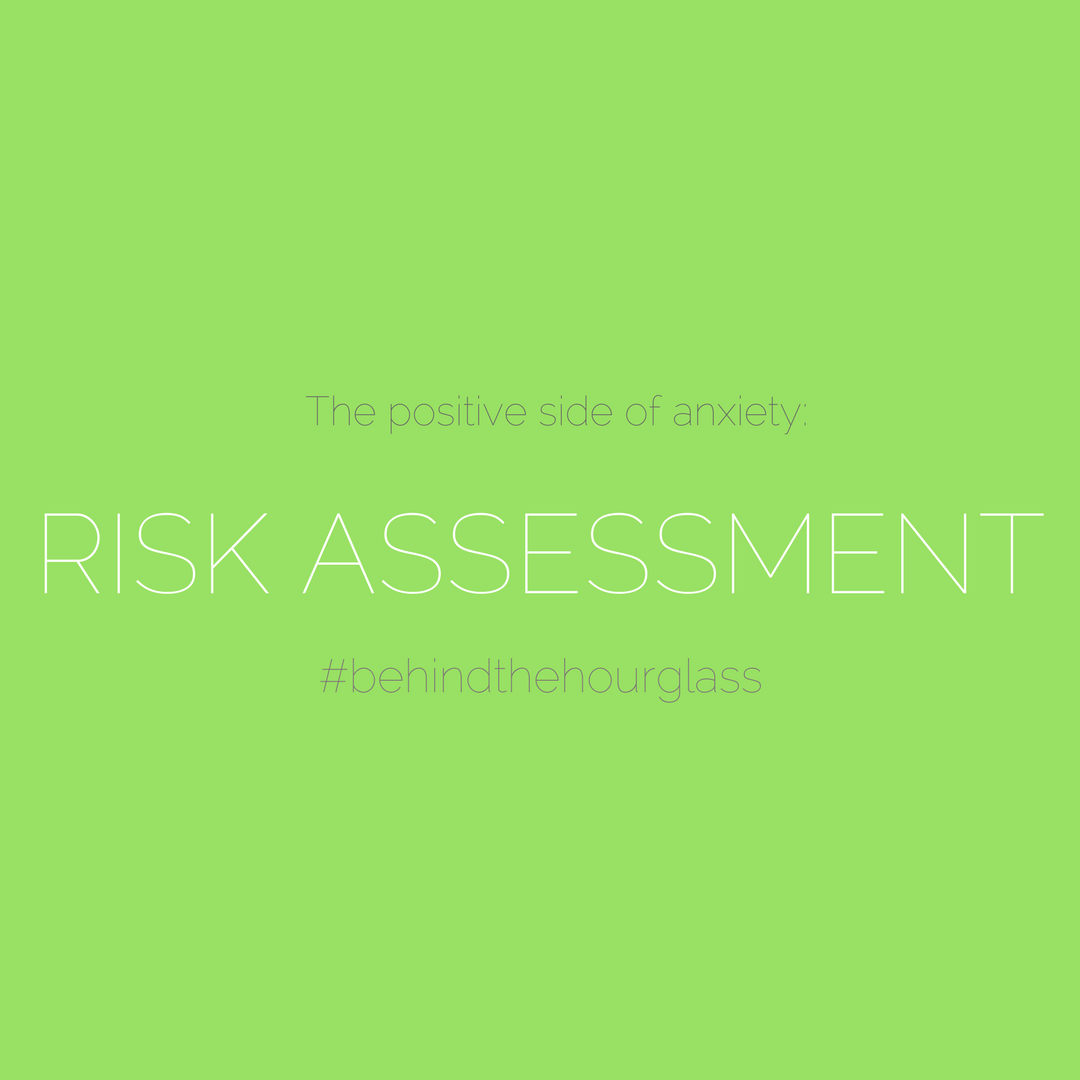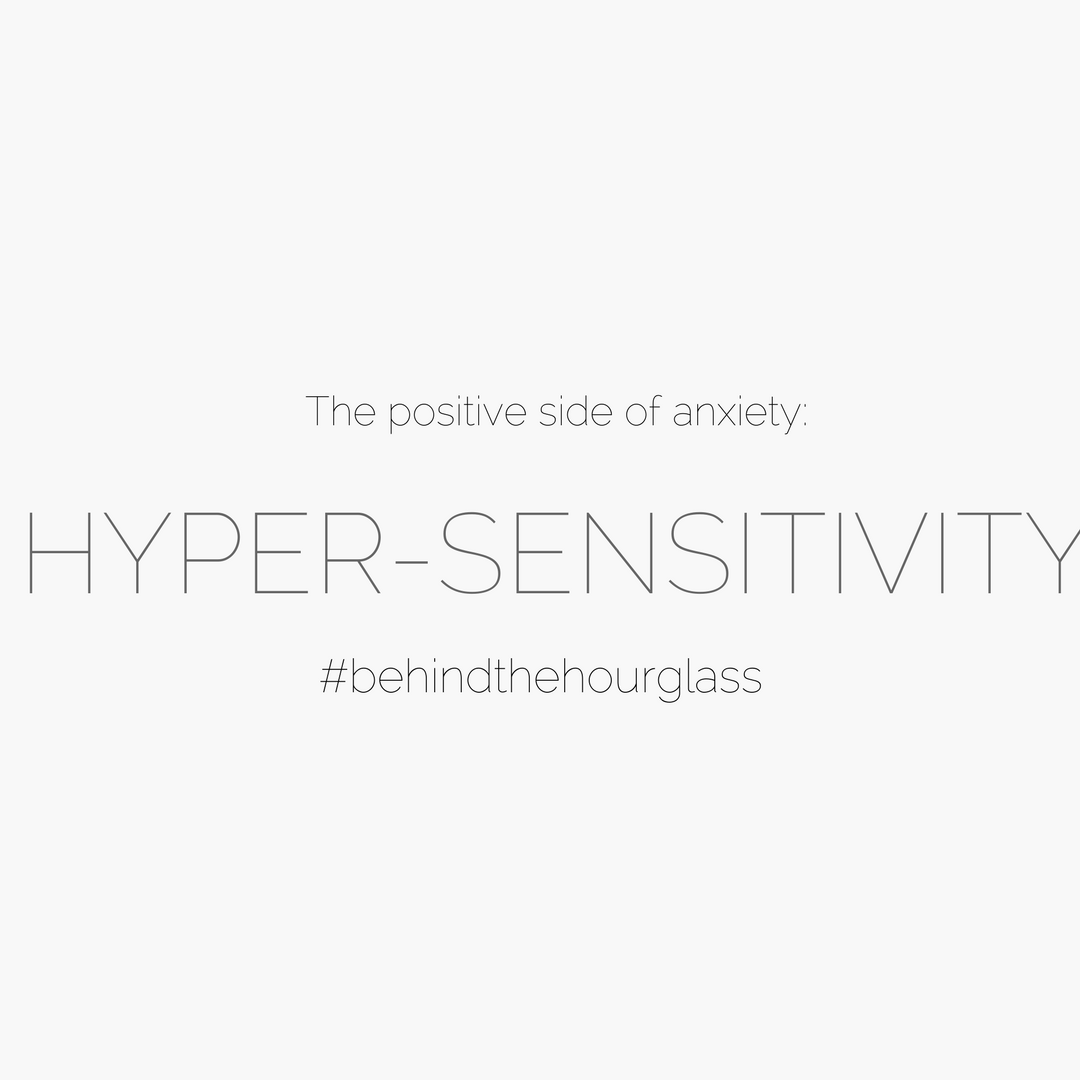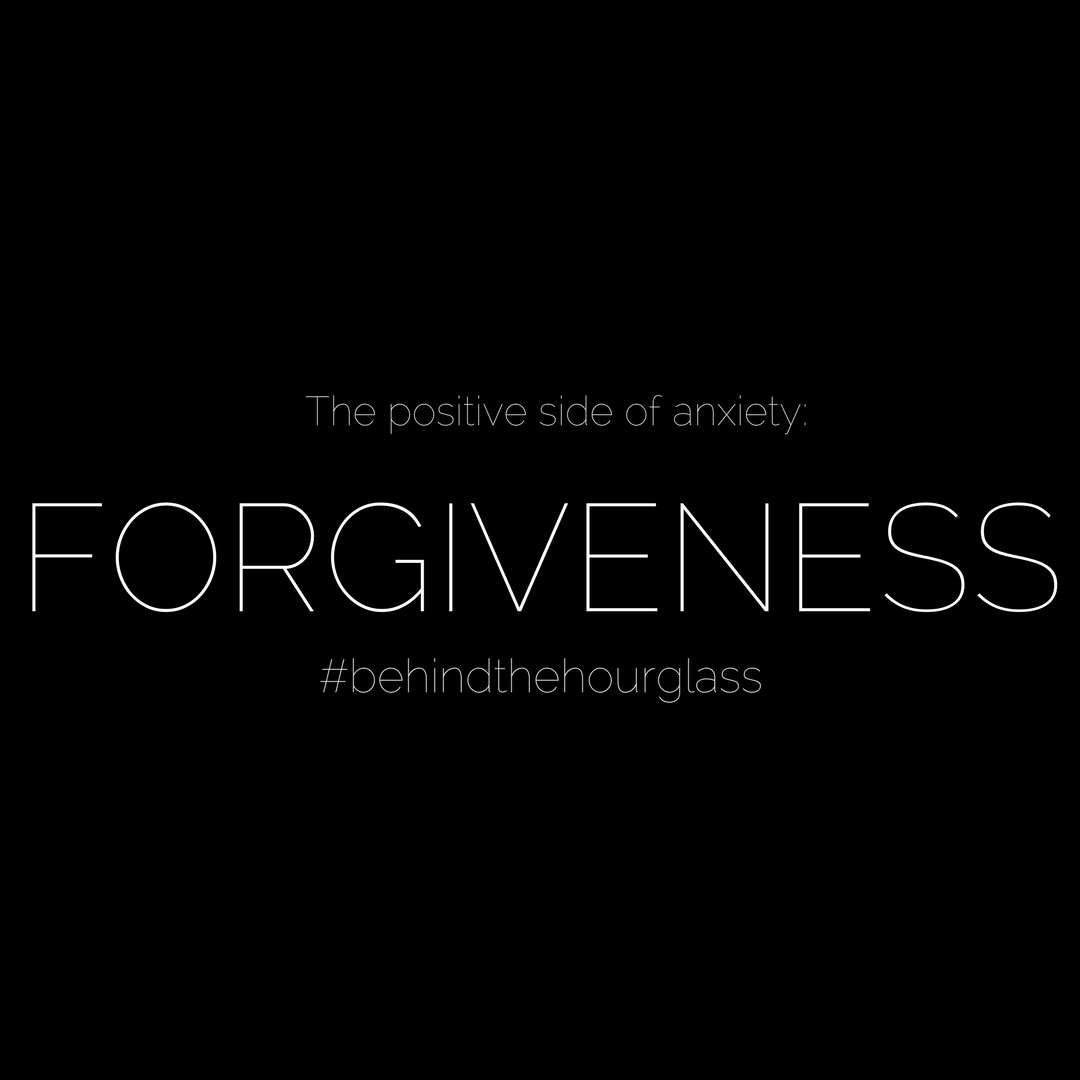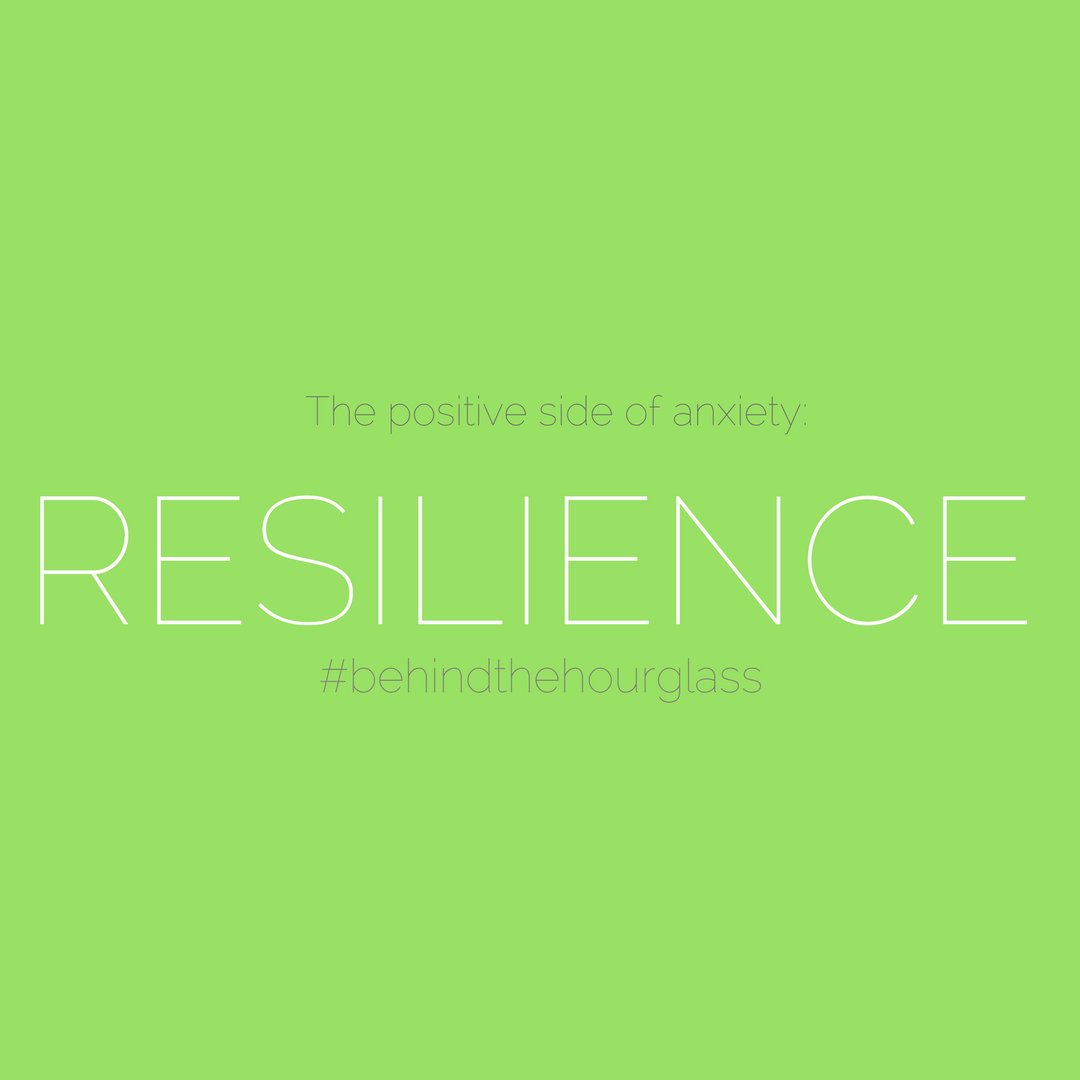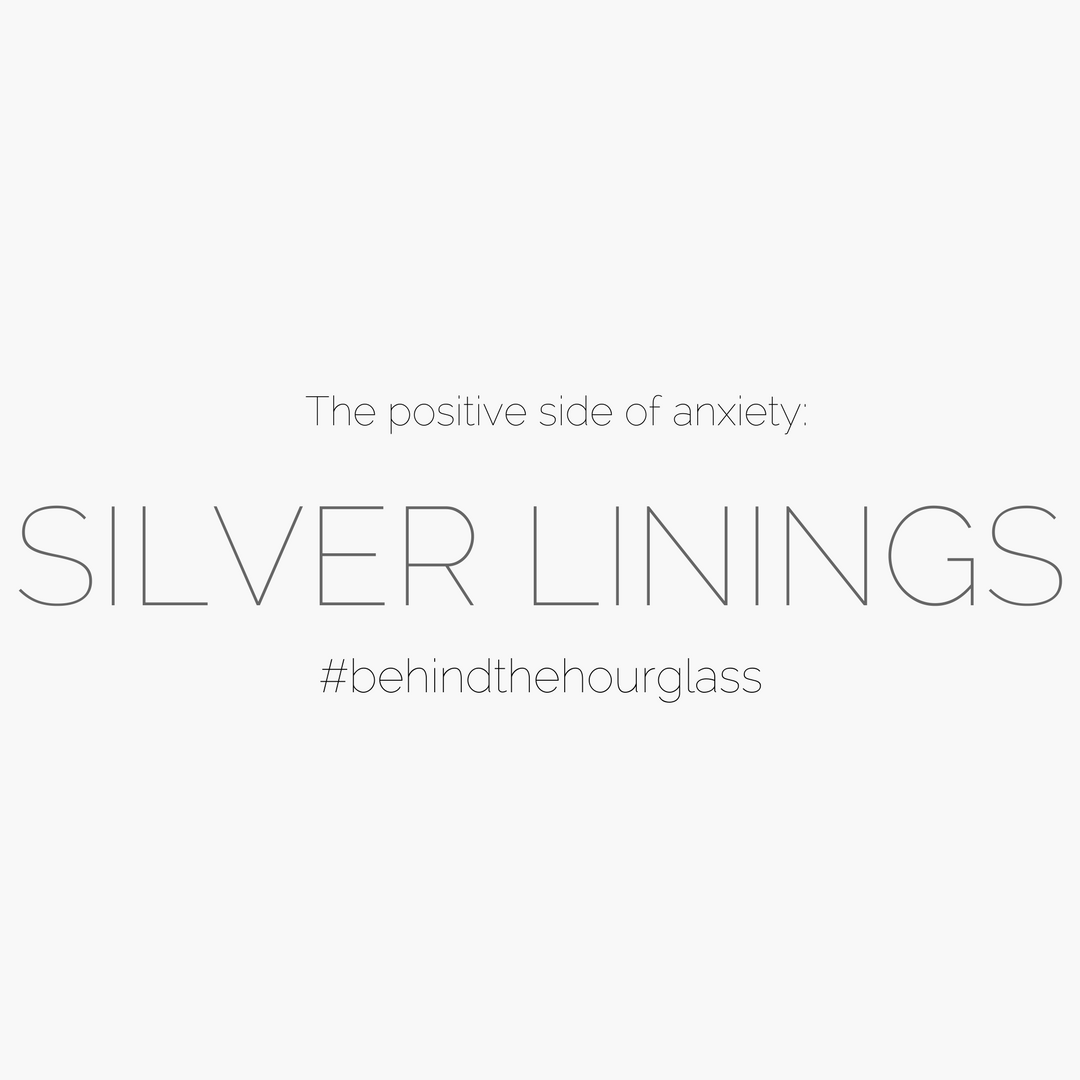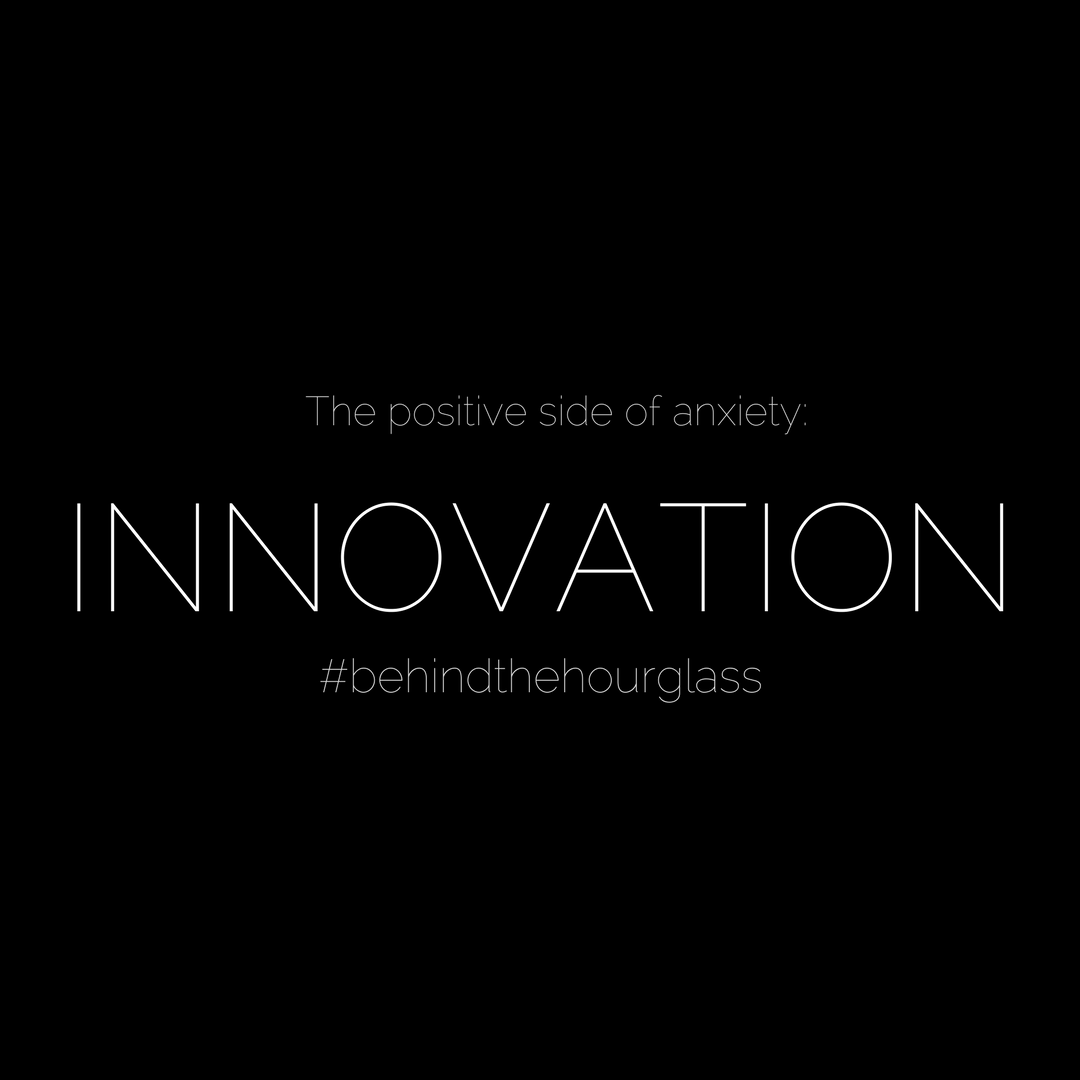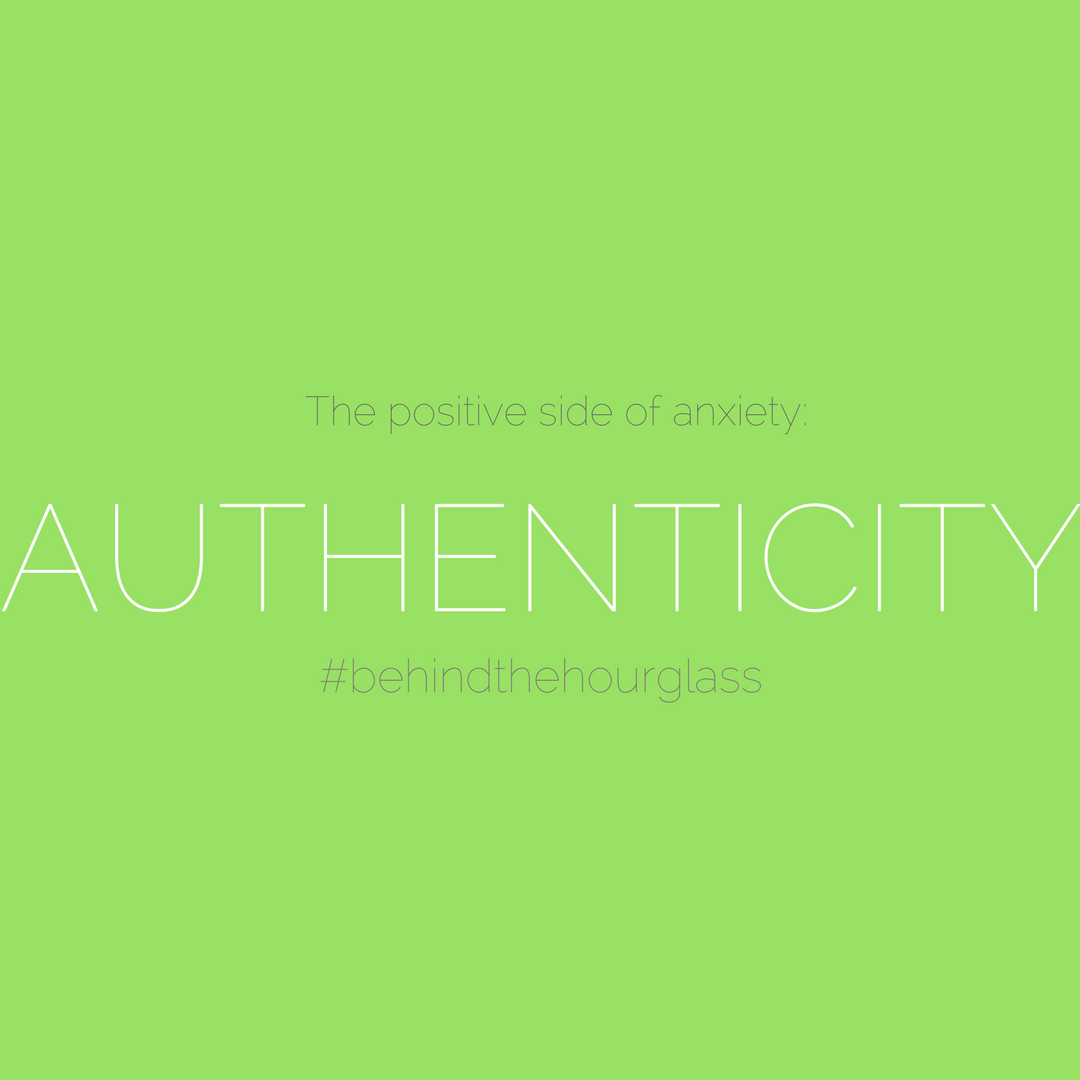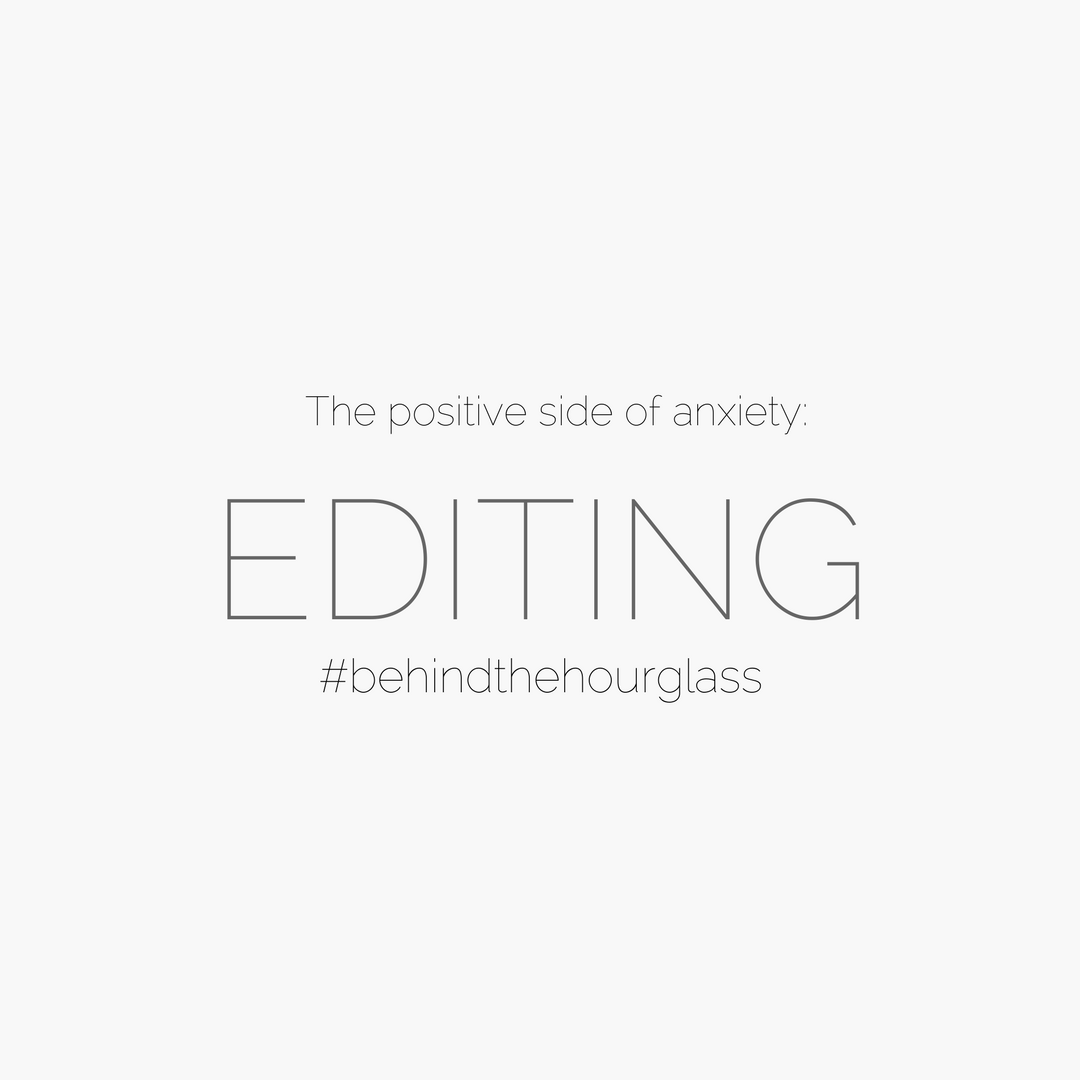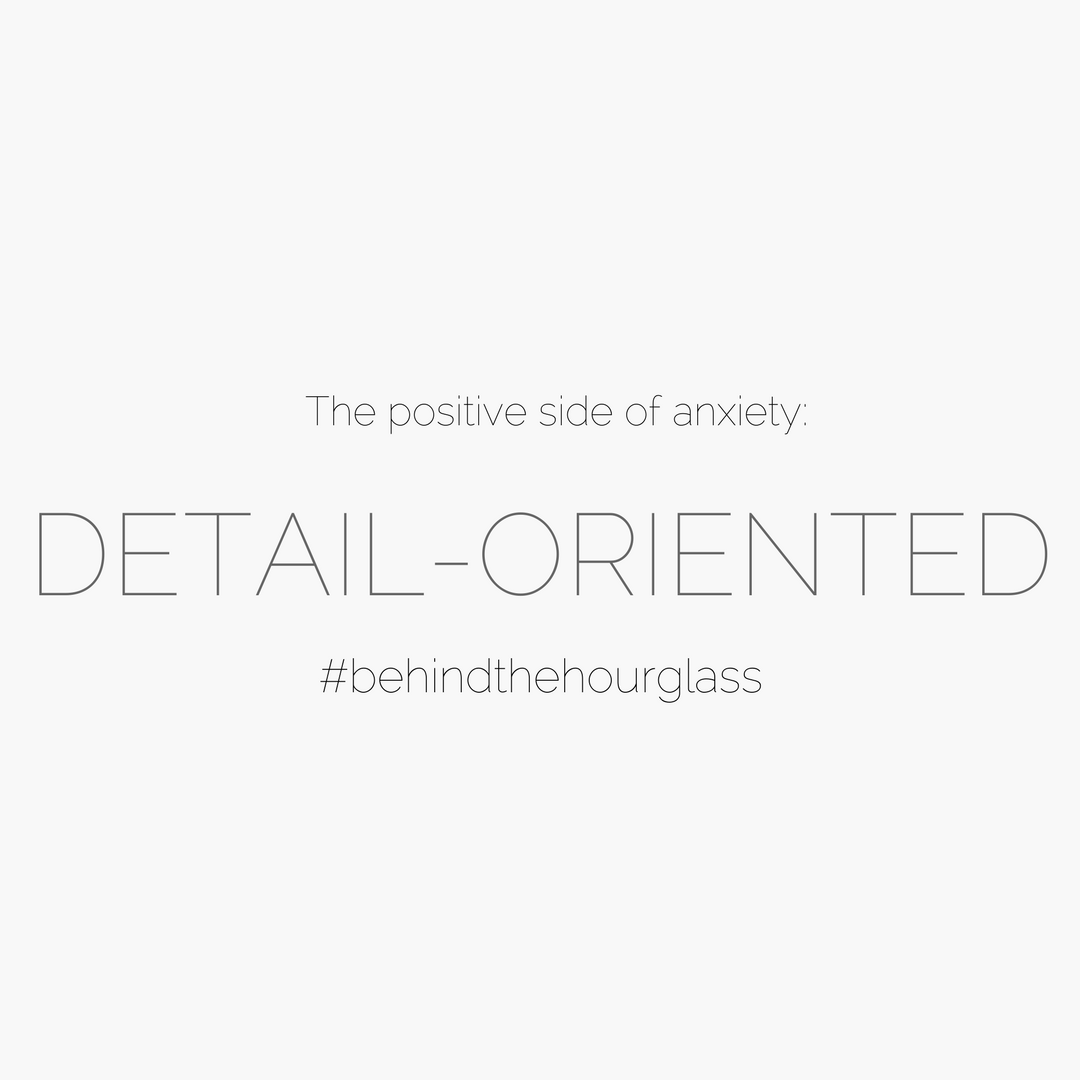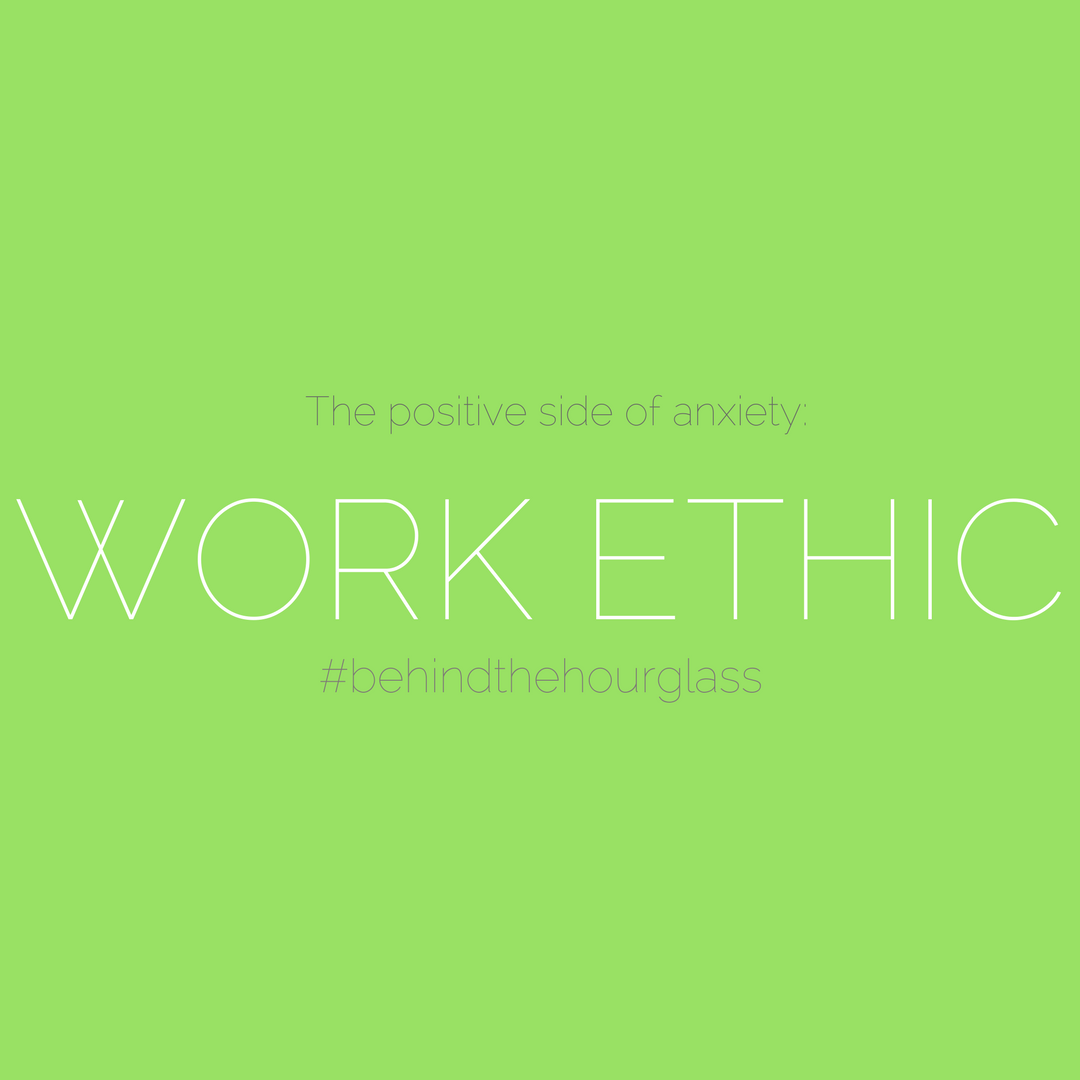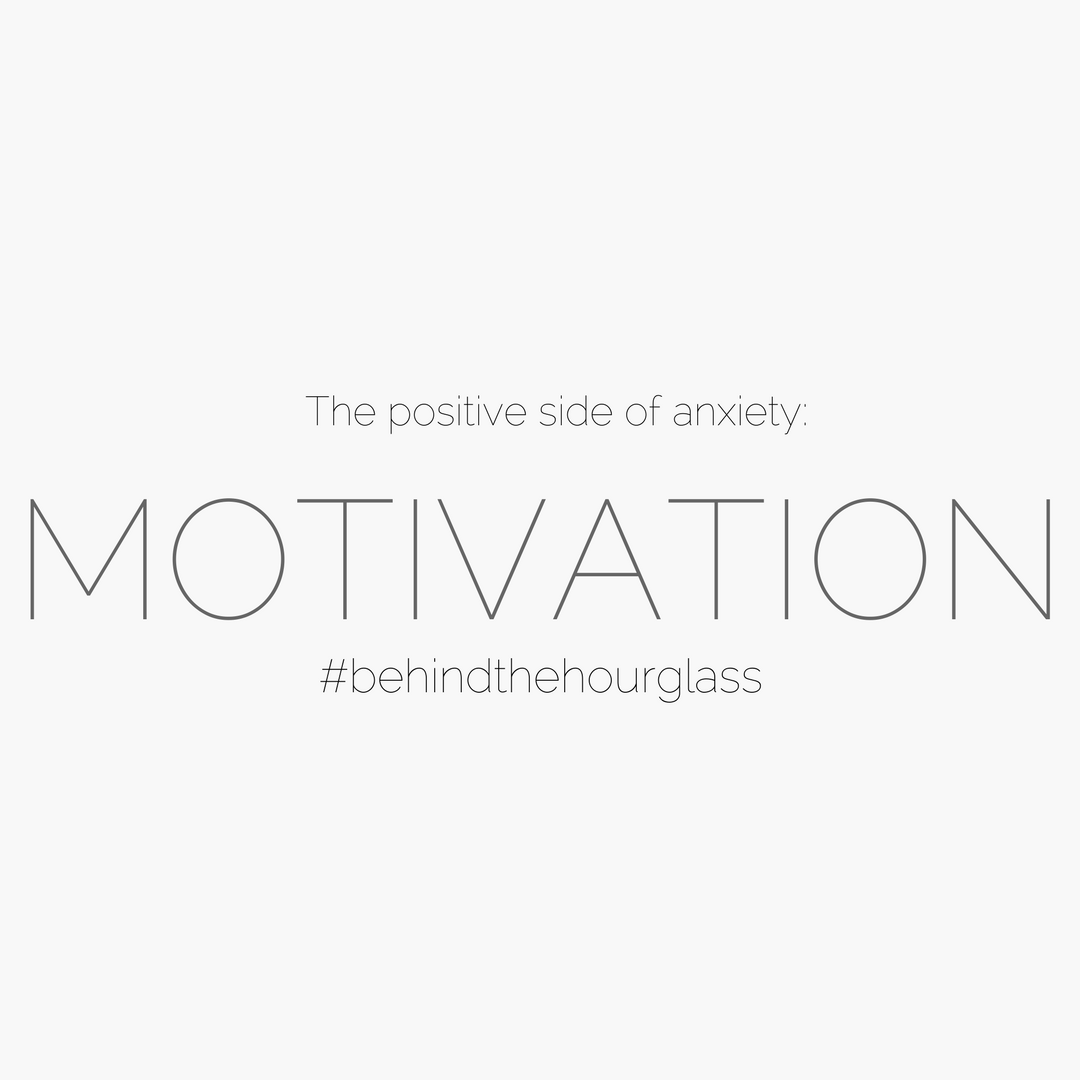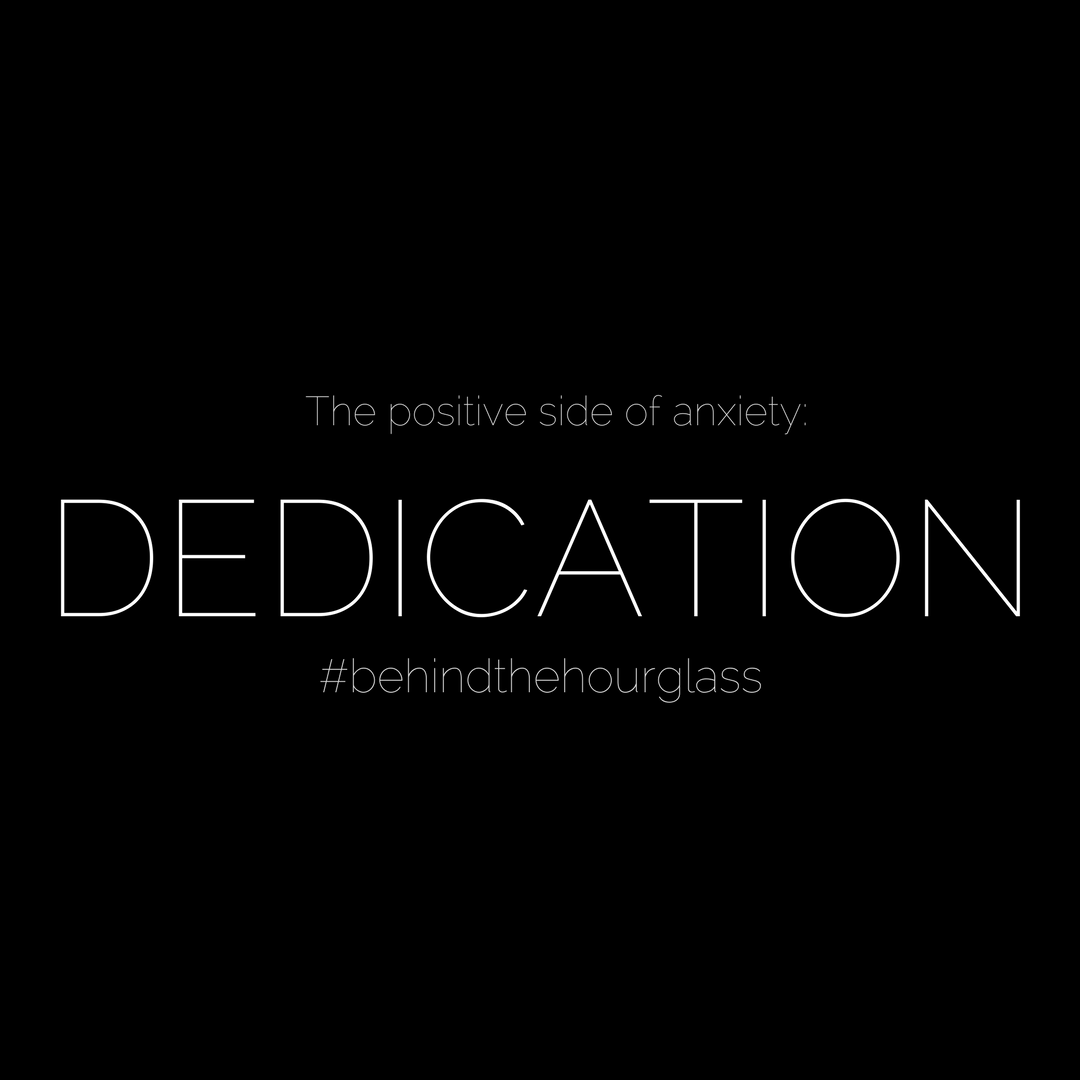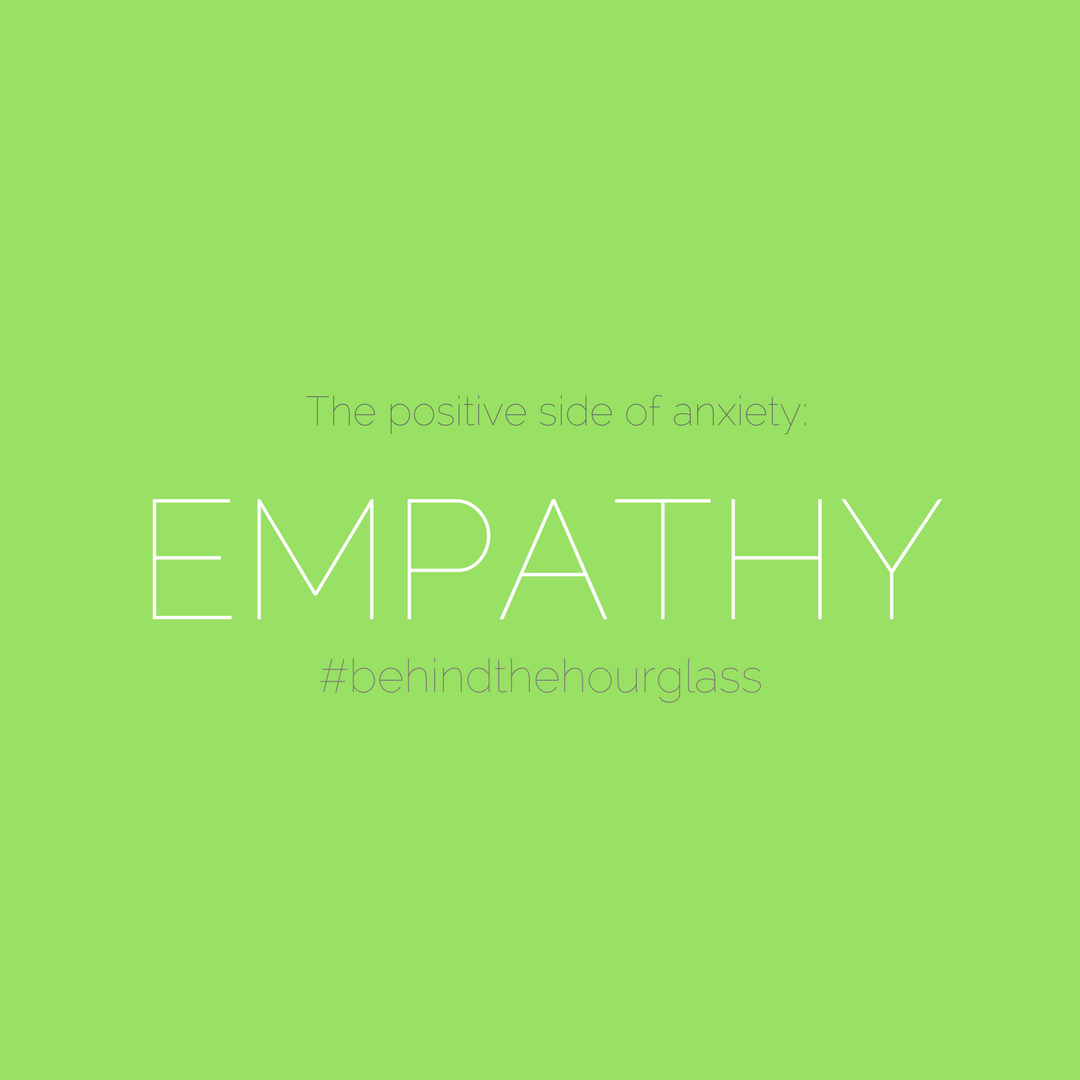The Positive Sides of My Anxiety
⌛ By Kaylin R. Staten ⌛
My perfectionism can be traced back to when I was three years old, sitting in my childhood bedroom thumbing through newly printed photos from my mom's 35mm film camera. Instantly, my thought process was, "I look fat in this picture." Again, I was THREE YEARS OLD. I didn't know about the world yet, but I somehow "knew" I was "fat."
This realization hit me when I took Acumen+'s "Storytelling for Change" course in late 2017. The course focused on telling a personal story in order to improve your oral storytelling skills while cultivating a more compelling case for your cause. Choosing to talk about mental health came naturally to me. The discovery of the "Birth of My Perfectionism" did not. It opened my eyes. It all really started when I was a toddler? And it continued for 20+ years without me ever really addressing the positives and negatives? Just like the rest of my late 20s, this became a formative turning point in my life. (Our brains may stop growing by age 25, but so far, my late 20s have been the most life-changing period of my life.)
I began hashing out my story before this course and before I was even ready to do so. I wrote the following passage for a client in February 2017:
“My brain ruptures with at least one thousand thoughts per second, turning the logical cogs and synapses backward, into a free-flowing river of worries. My mouth is dry, unable to fully form any word recognition or full thoughts as I drown in my own head. My hands shaking, I slowly walk over to the corner of my bedroom, the dark blue walls comforting me in my only sanctuary: my childhood bedroom. The ceiling fan’s shadows ebb and flow on the walls, illuminating the picture frames of a happier, stress-free version of myself behind the camera lens. My heart races, matching the kaleidoscope of worries and plethora of black-mascara tears staining my cheeks.
I’m not sure how I got here, in this moment, where worry, despair, and fear are my only known emotional options. Happiness and hope usurped all fears just 15 minutes ago, and the confusion contributes to my worry. My hands are still shaking; in fact, my entire body convulses without warning or self-control. I’m smothering. This is what it’s like to live with anxiety.
Am I good enough? Will I ever be good enough? Why can’t I just be normal? These thoughts and others are the only ones that form in my head. I can’t seem to find the treasure trove of compliments I have received and things I like about myself. I’m blacking out into the own abyss of my anxiety. I don’t have control over my breathing. I can’t seem to blink my eyes, and they’re drying out with each passing second. I stare at the bright, empty computer screen across the room. I can’t bear to look at it. It causes distress and an irrational longing for perfection. The stack of papers with calculated potential class grades and GPAs are on top of my college homework.
This is more than a normal dose of test anxiety or shaky hands before presenting my research in front of my college peers and professors. It’s more than a bad day. This is general anxiety. This is a panic attack.
In reality, I cannot remember a day I have not lived with some form of anxiety, whether it rears its ugly head or I let a certain strain of it go — like a whisper in the wind. As a child, I was shy, never wanting to utter a word in front of a large group. I colored inside the lines in my coloring books, made sure each sticker was properly aligned in my sticker books, and arranged my Barbies by family on my plastic shelves. I kept my toys in perfect condition, and when my little sister caked makeup on my Barbie pool, I freaked out. Over time, the irrational quest for not just good— but perfect — grades became the daydream of my perfectionist’s heart, which carried over into my career, relationships, and other personal and professional attributes. While I still experience these anxious tendencies, I am learning over time to accept their presence in my life and focus more on their positive traits.”
This May (and National Mental Health Awareness Month), I finally began telling my authentic story with anxiety and my love/hate relationship with it. All of us who have a mental health disorder know the downsides to it: too much or not enough sleep, panic/anxiety attacks, loss in appetite or eating too much, unrelenting stressors, negative thought patterns, suffering relationships, lack of motivation, being reclusive, etc. Here are more symptoms.
Millions of people are afflicted with some type of mental health issue in the United States alone. According to RTOR.org, 5.5 percent of the 1.9 million residents of my home state of West Virginia has a major mental health disorder -- not to mention the other individuals somewhere on the spectrum.
I’ve focused on the negative in order to know where my behaviors and belief systems were born inside my brain. Now, it’s time to acknowledge and celebrate the gifts my anxiety has given me in my almost 30 years on this earth.
Here are my top 10 positive sides of anxiety, as outlined on the Hourglass Omnimedia Instagram account this month:
ACHIEVEMENT
I've been blessed beyond measure in my 16 (!) years of professional experience to have seen successes and missteps. I used to crave success in the form of a list of awards, media impressions and "atta girl" comments. Those are still important to me, but it was an addiction of sorts that never fully fulfilled me. Now, achievement means more. When you're anxious about something and conquer it, THAT is an achievement. I have six pillars/goals of achievement in my life. When I accomplish something within one of those realms, I feel more balanced -- in my own right and not anyone else's.
CREATIVITY
I have insanely detailed dreams at night. Perfectionists and people with other mental health issues often cannot turn off their brains long enough to sleep. And there are times we need our gummy melatonin. Just saying. When we sleep, we often have a saga of dreams. I've developed stories from my dreams. Since I was a child, my dreams have been vivid, à la the Chucky-like character who bombed my parents' mailbox in my dreamscape.
EMPATHY
Let's be honest, if I didn't overthink 24/7, I probably couldn't recognize this trait and others within anyone else. I've had to learn patience with myself, so it helps me develop more patience with others and with life in general. (It is still a challenge to be patient with myself.) I feel so much that I am able to feel empathic toward others and focus on nonprofits and causes. Understanding is at the heart of empathy.
AUTHENTICITY
Anyone in a communications profession likely shrouds himself or herself in a PR mask. Just like within the #publicrelations profession, authenticity matters. People want to see your true self. Not just the highlight reel you post on social media. So, my Instagram posts lifted the veil on some of my most personal musings. I battled the stigma of mental illness for a long time, and now, I want to tell my story to help others like me and not like me. I am a writer, public relations professional, business owner, wife, cat mom, daughter, sister, aunt, etc., and I have general anxiety disorder.
HYPER-SENSITIVITY
I used to hate this about myself, especially the emotion-inducing part of being sensitive. I've dealt with people's trepidation when not directly telling me stuff (passive-aggressive people are a no-go!) and have felt more emotions in my rollercoaster life. I wouldn't trade it because being sensitive is pretty awesome. Plus, my five senses are basically at a superhero level. I can smell chocolate chip cookies from a mile away and can hear people whispering. My eyesight isn't so great now due to looking at screens for YEARS, but I digress.
GOAL SETTING
I've been setting goals since 1988, the year of my birth. Not really, but my toddler journals reflect some of my dreams. When I was nine, I wrote that my life goal was to meet Carrie Fisher (my hero), and what do you know? I was fortunate to meet her before #theforceawakens was released in 2015 and she passed away in 2016. Of course, my beliefs and unrelenting high standards sometimes give me a wealth of trouble when it comes to setting a high number of goals -- or setting expectations and goals I will never be able to reach. Setting healthy goals is a necessary part of wellness.
RESILIENCE
Nothing has taught me to never give up like my anxiety. Anxiety will say, "Hey, you can't do that." It's my job to say, "Oh, yes. I can." Depending on my mood, I add an ounce of sass to my inner conversation. Like all of us, I have had to deal with some crappy stuff. Horrible relationships, toxic professional relationships, deaths of loved ones, regrets of roads not traveled and so on. All of that has made me stronger. And the darkness of anxiety and depression makes me appreciate when the sun comes up. I do feel more comfortable in the rain, though. The key message I have somehow always subconsciously known is to never give up no matter what. Take lemons and make lemonade.
INTROSPECTION
At first, my journals were just pages of me practicing my name. Over time, they obviously developed into something of more substance. (I guess that's from a certain point of view, ha.) I've always been able to be my own checks and balances, although it's harder at times. I'm not afraid to throw pros and cons list my own way. Being so reflective has helped me grow into the person I am today, and I will continue to do so in order to become the person I will be tomorrow. Although... I haven't changed much in nearly 30 years. What you see is what you get. ;)
ACCEPTANCE
If you would have asked me 10 years ago about anxiety, I would have been like, "It's not a problem. I don't need help." I was in denial and bought into the stigma. I wasn't "crazy." I was just a college student who obsessed over achieving summa cum laude status and calculated her G.P.A. at least every few days. I didn't live my life because I was too engrossed with studying. I'm not going to lie -- I am proud of my accomplishments. But, I didn't realize that I was exhibiting self-sabotaging behaviors that were damaging my confidence and overall way of life. Stress ate me alive. Until it just didn't. I accepted that I needed to have help figuring out stuff. My advice: do what works for you. Write in your journal. Talk with a therapist. Take an anti-depressant. Trust in someone close to you. Take a note from Australian mental health and look up resources online (Aussies know how to handle mental health). Do whatever you need to do for YOU. Don't give in to the stigma and don't let your mental health disorder get you down. I'm living proof that you can make it through the storm.
HELPING OTHERS
The best part about going through something is helping others get through it, too. I do not have all of the answers, sure, because I am a human. A wonderfully imperfect being who just happens to know about anxiety and depression because I live my story every day. And those aspects are part of me and my story -- without shame or secrecy. One of my business' core causes is mental health awareness and solutions. I will always be passionate about it. I will always share my story without fear (mostly). I went through all of this for a reason, so it's time to give back. Projects pending. :)
To see my other posts about the positive sides of anxiety, visit the Hourglass Instagram. If you need help, visit Mental Health America's website or another resource near you.
*This post is dedicated to the little girl version of me who once feared anxiety but now understands and tries her hardest to embrace it.
Copyright © MMXVIII Hourglass Omnimedia, LLC
Kaylin R. Staten is an award-winning public relations practitioner and writer. She owns Hourglass Omnimedia, a consulting company based in Huntington, WV.
⌛ ⌛ ⌛
